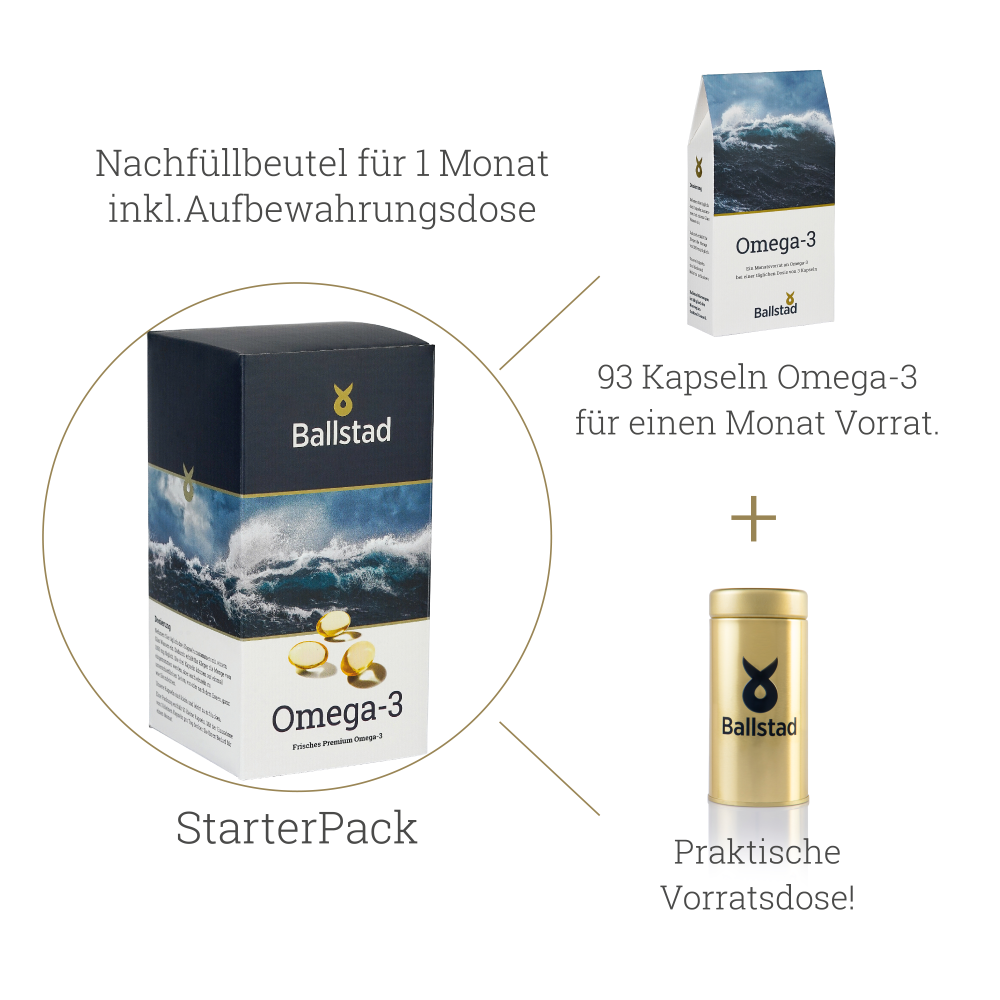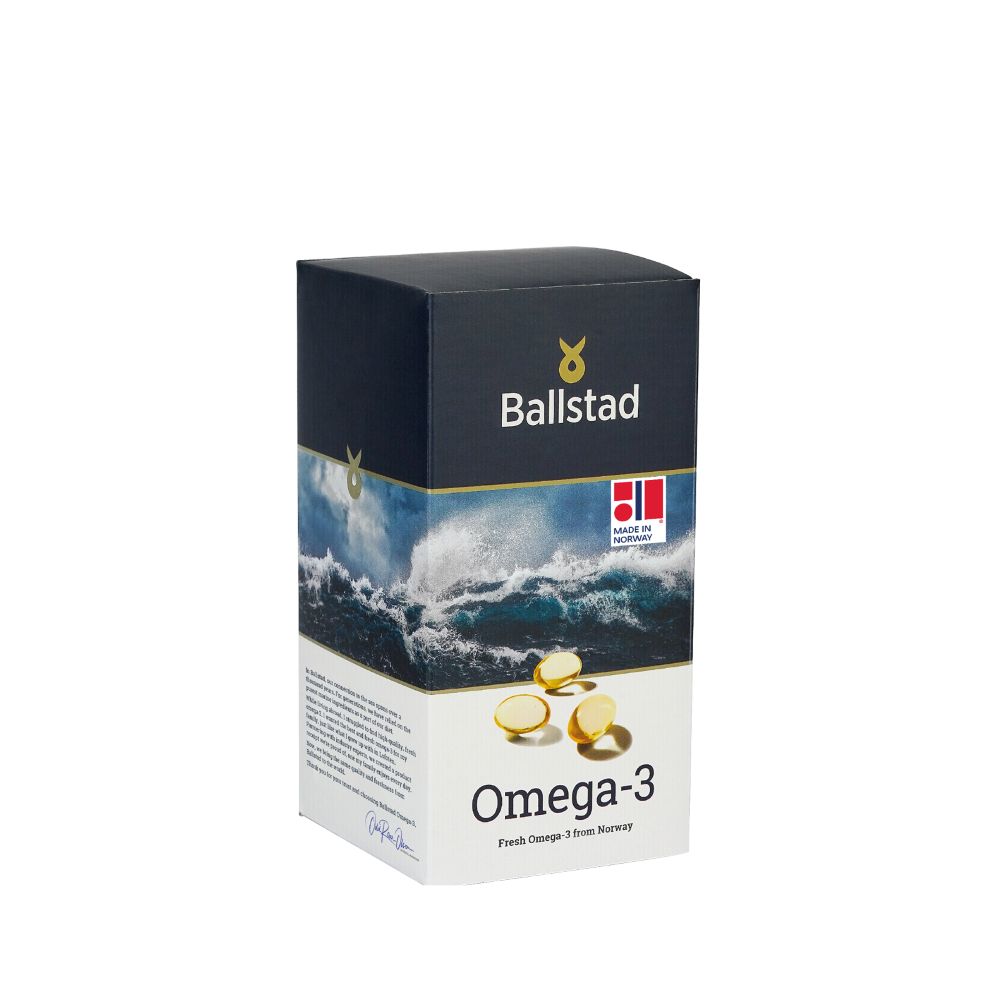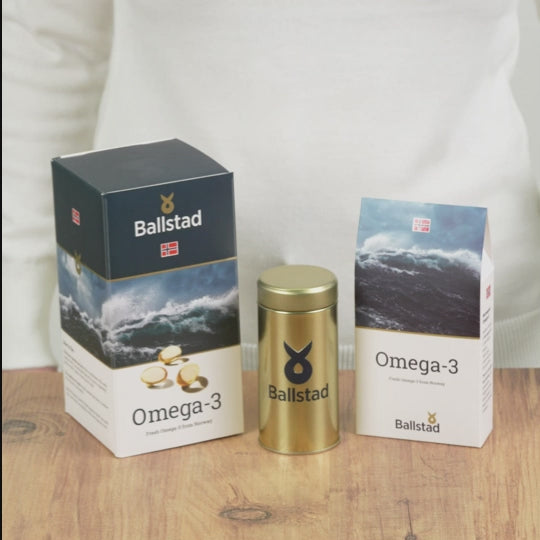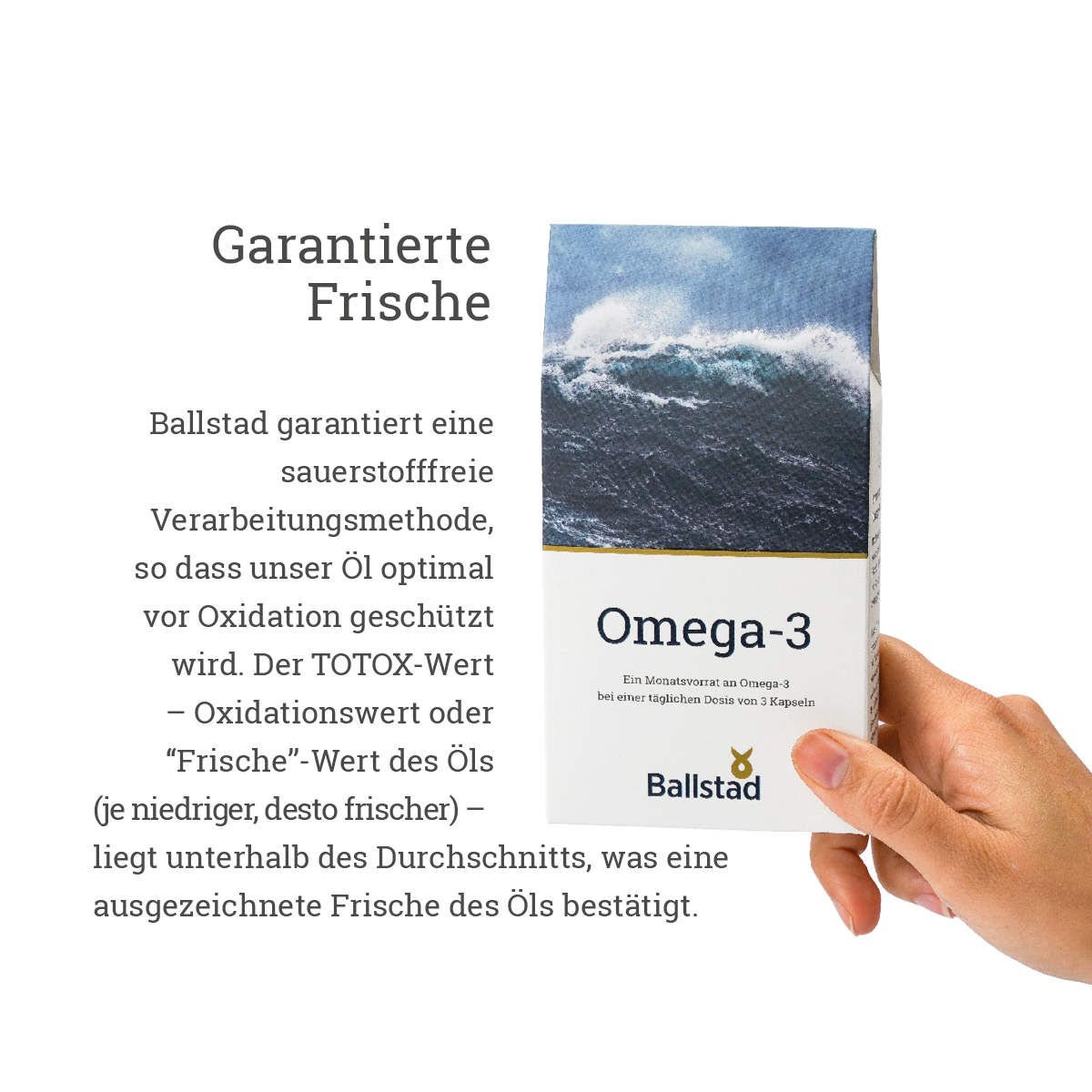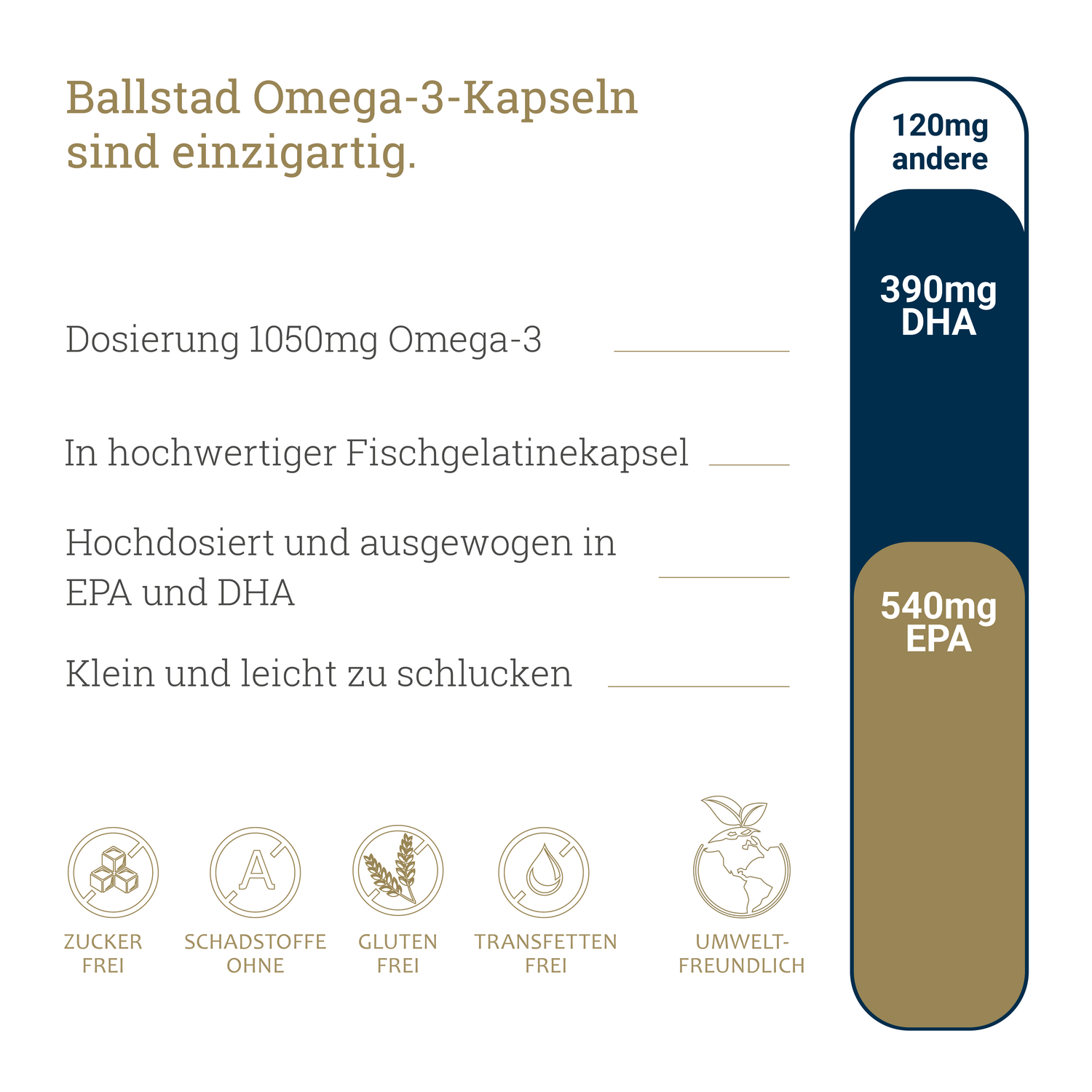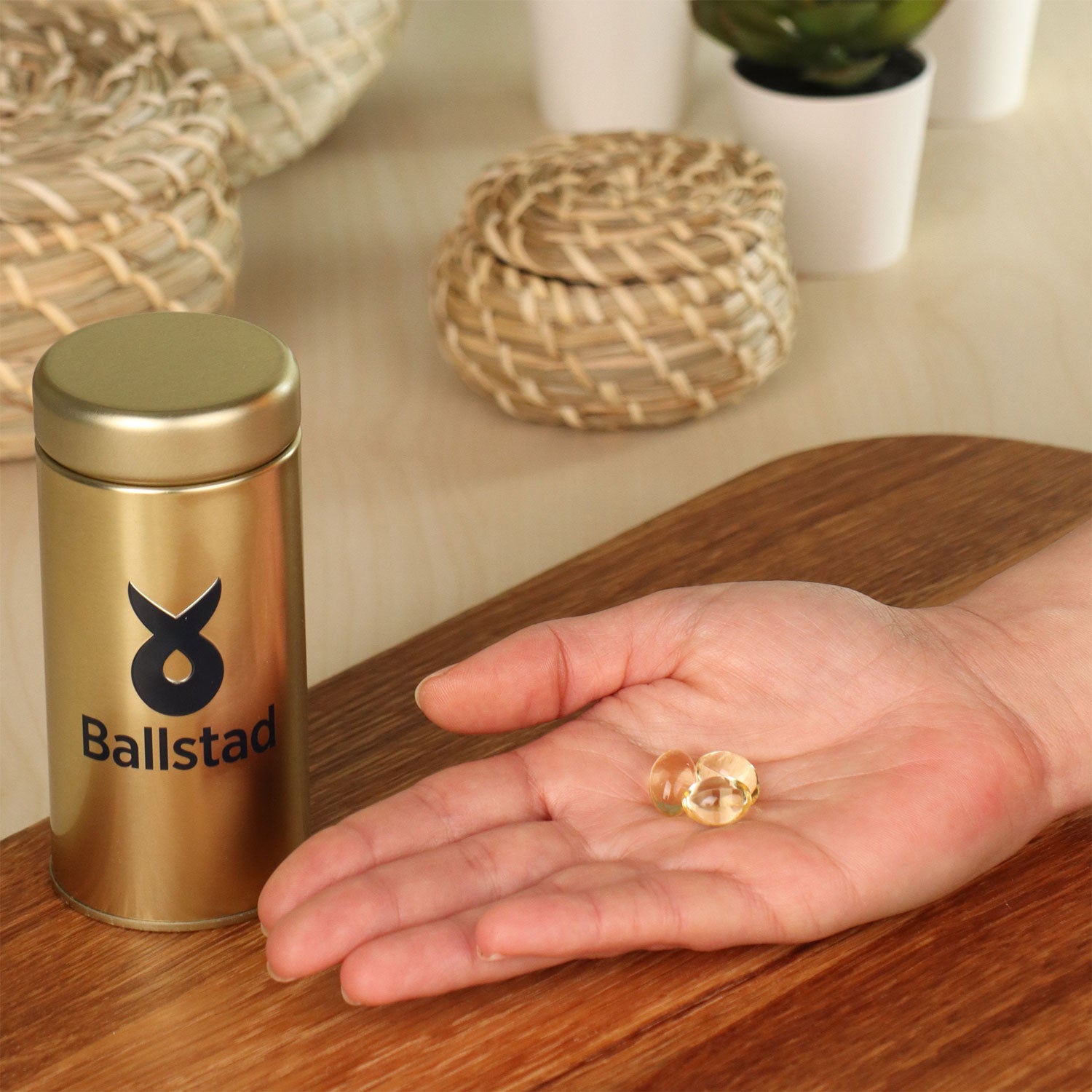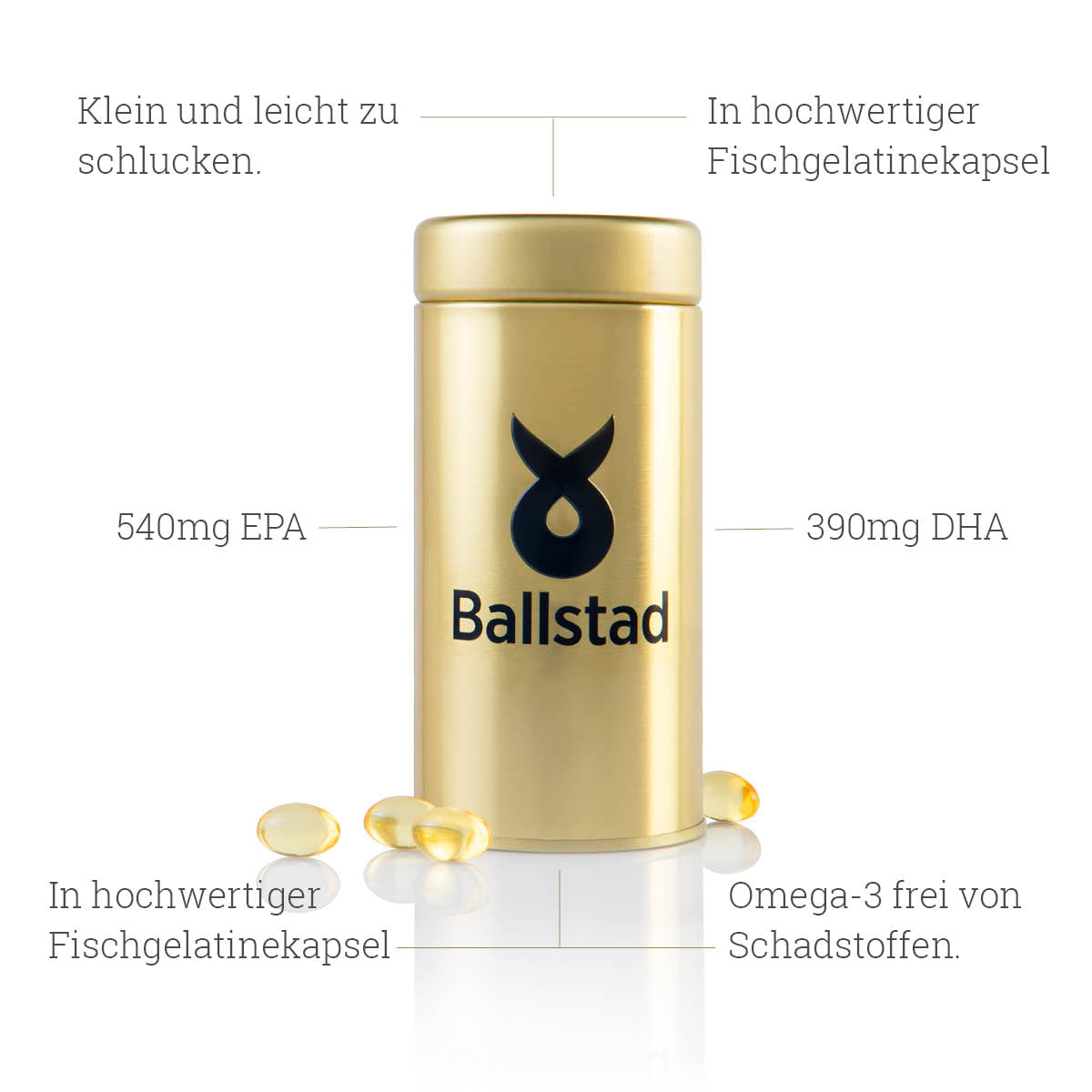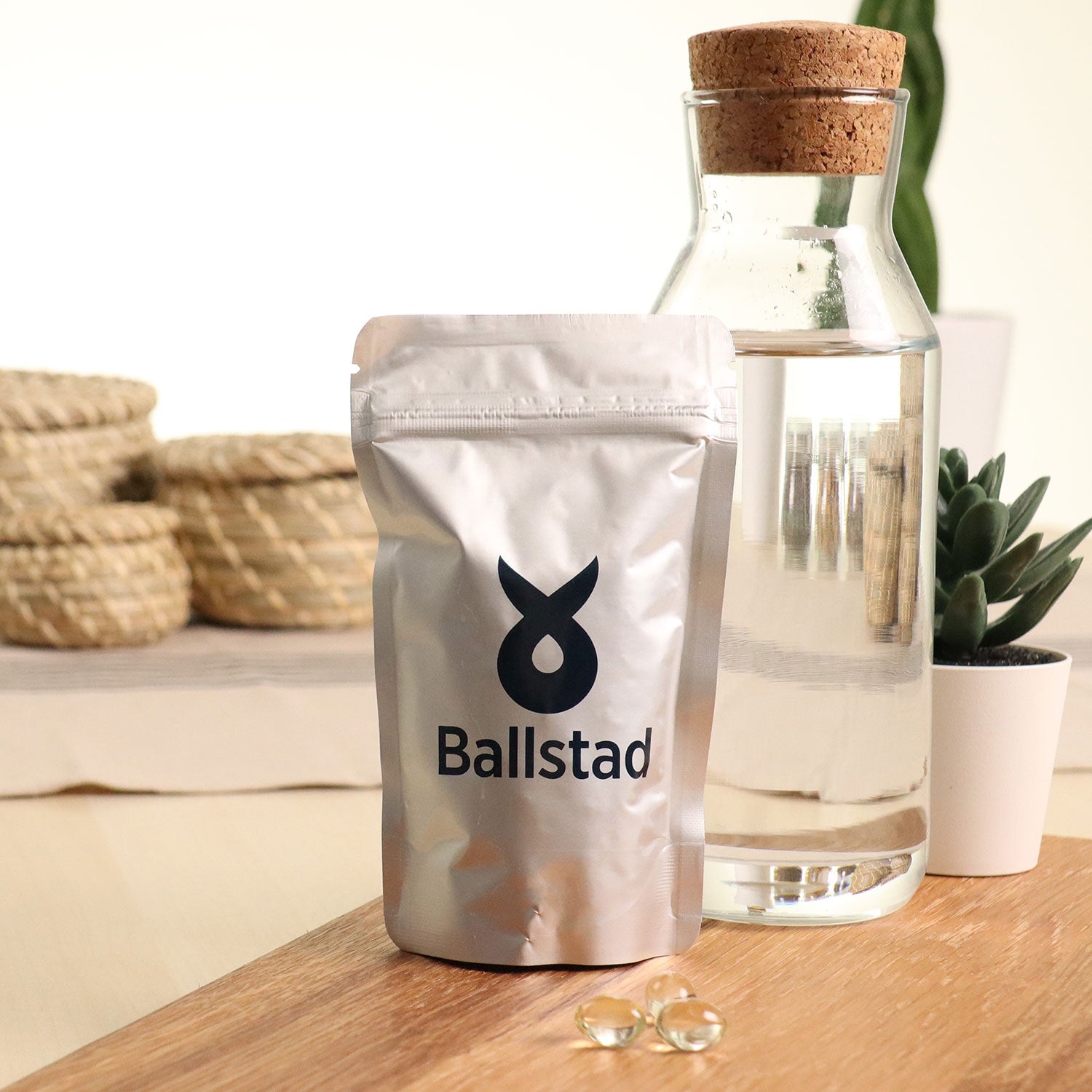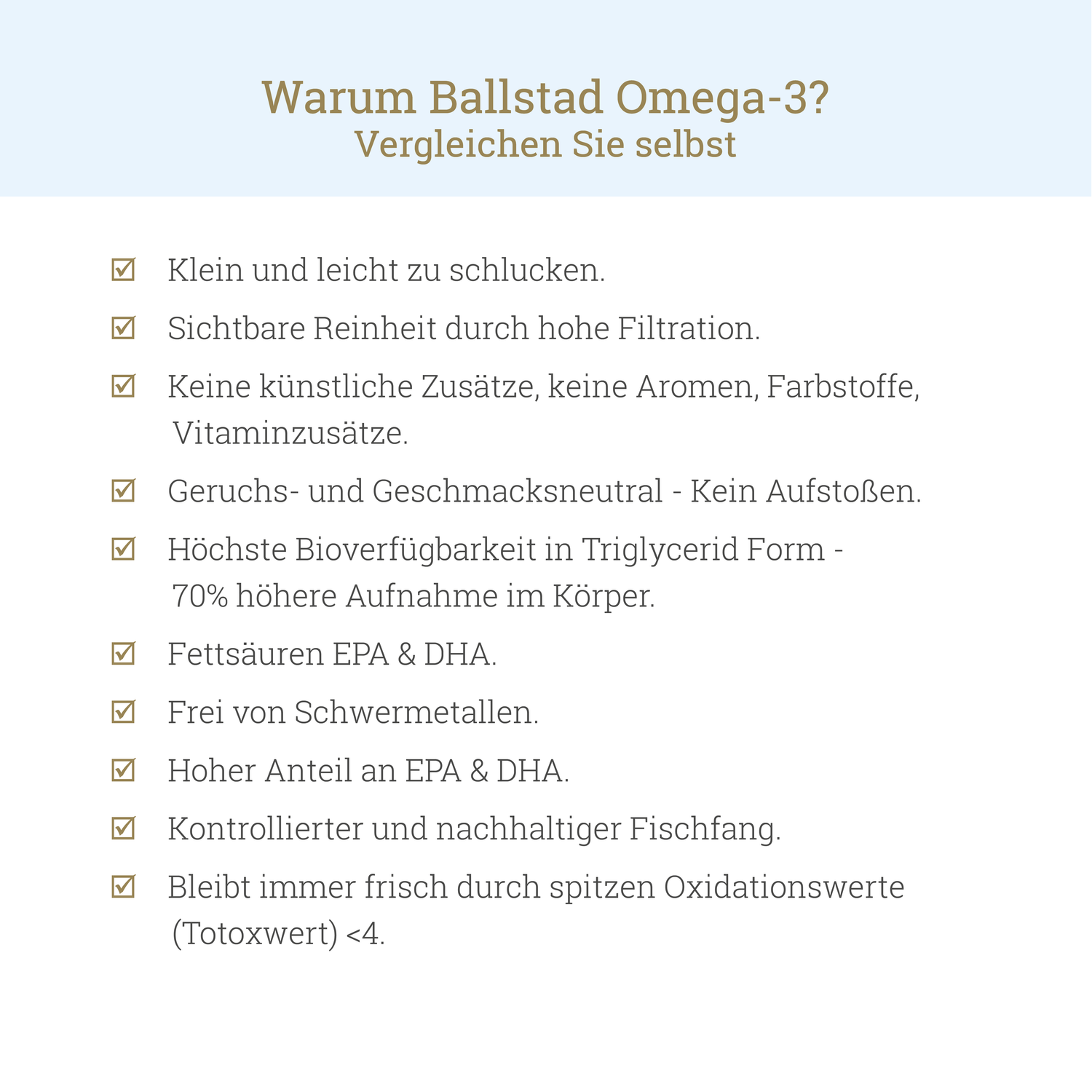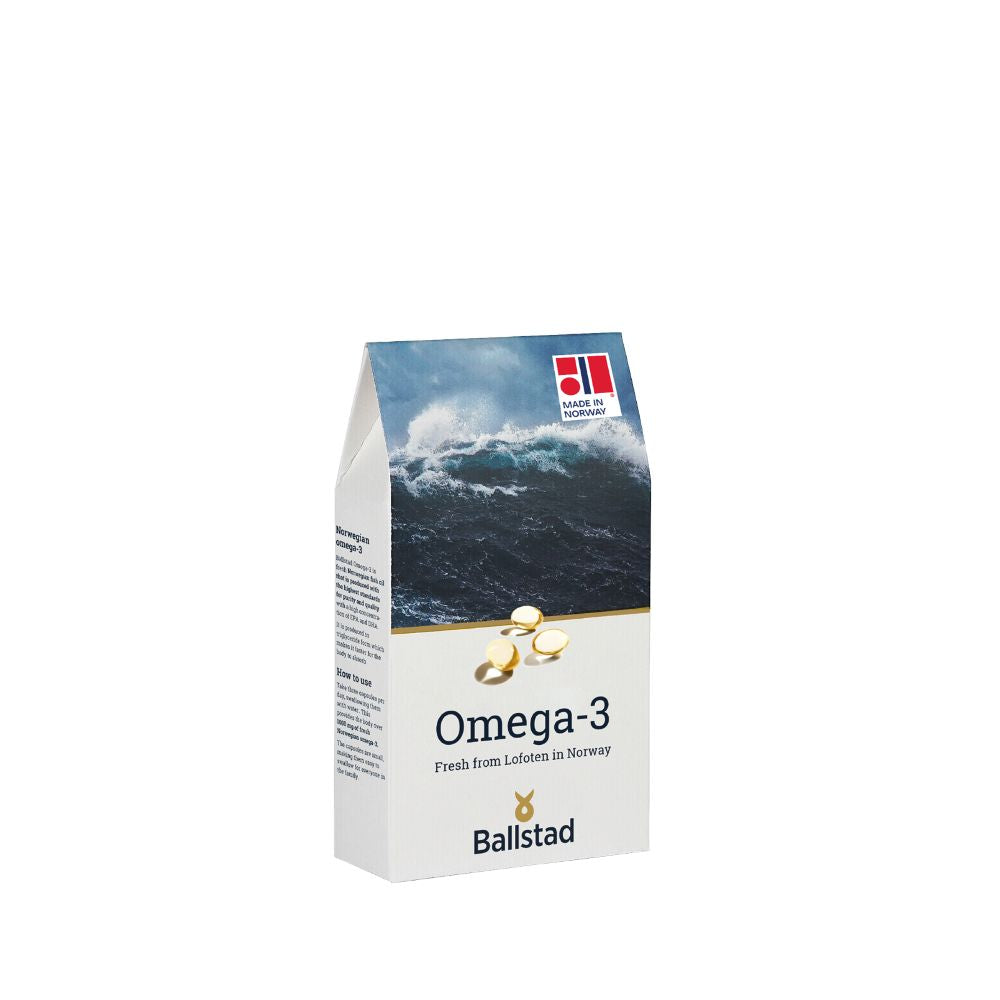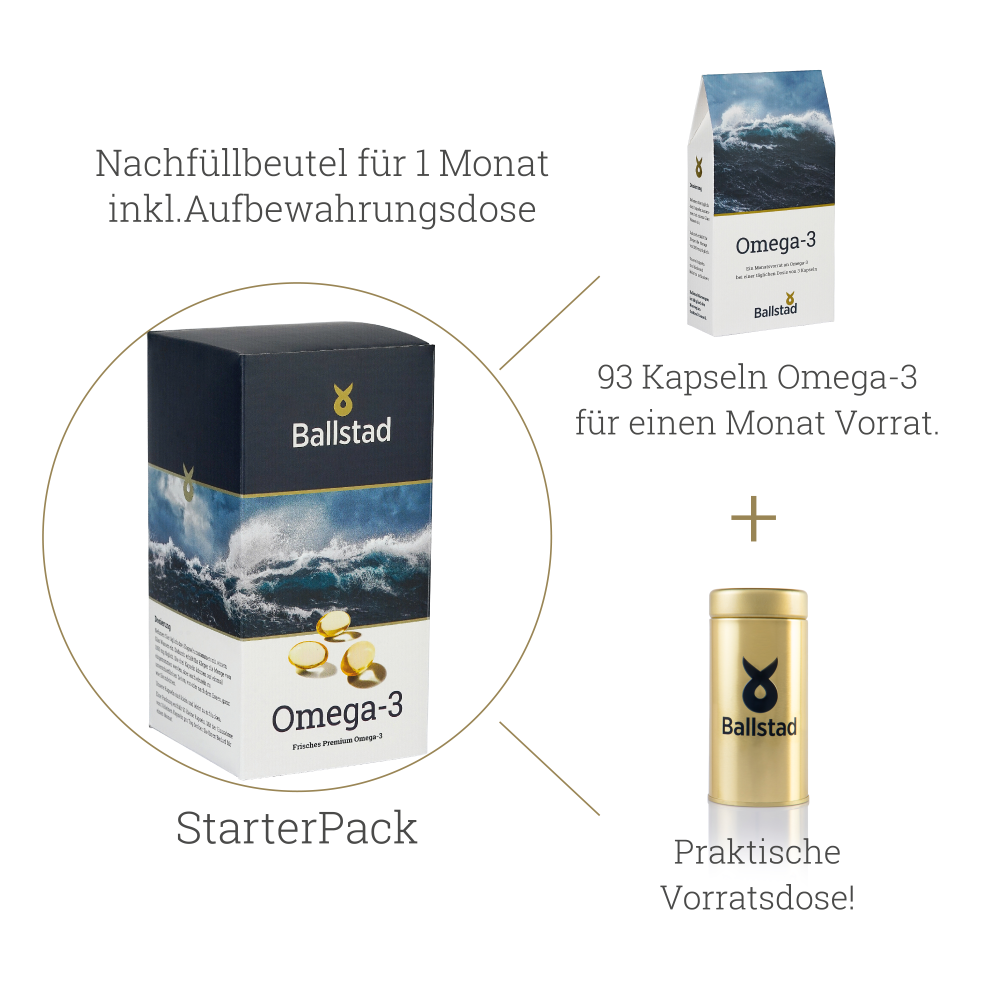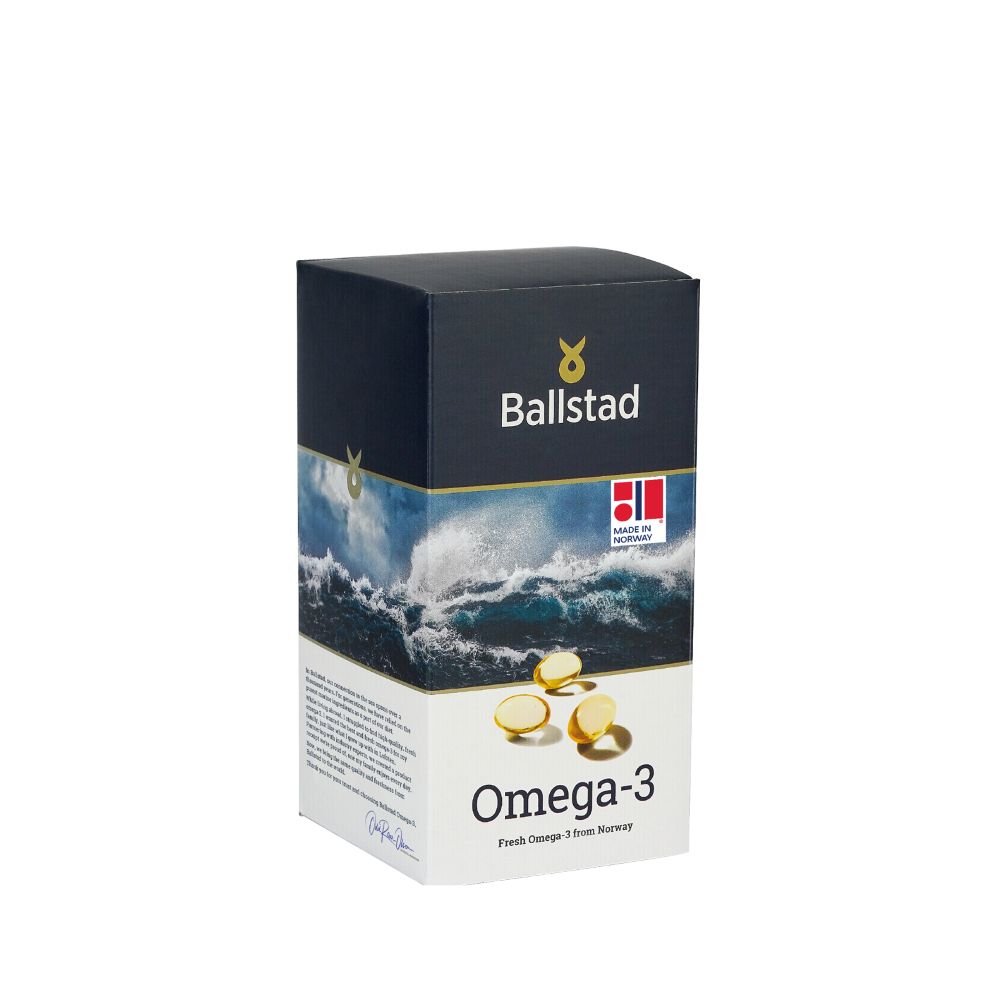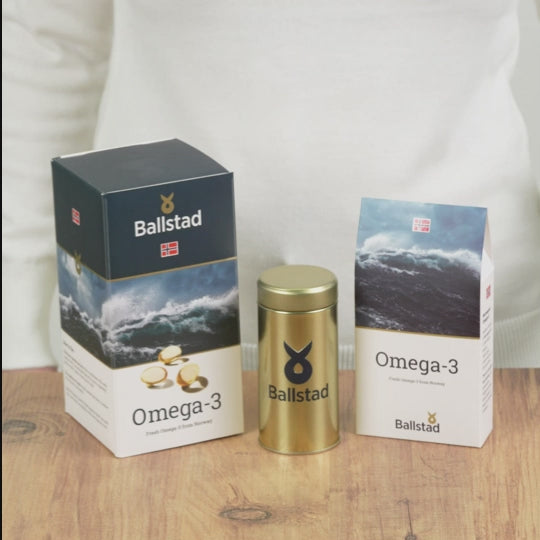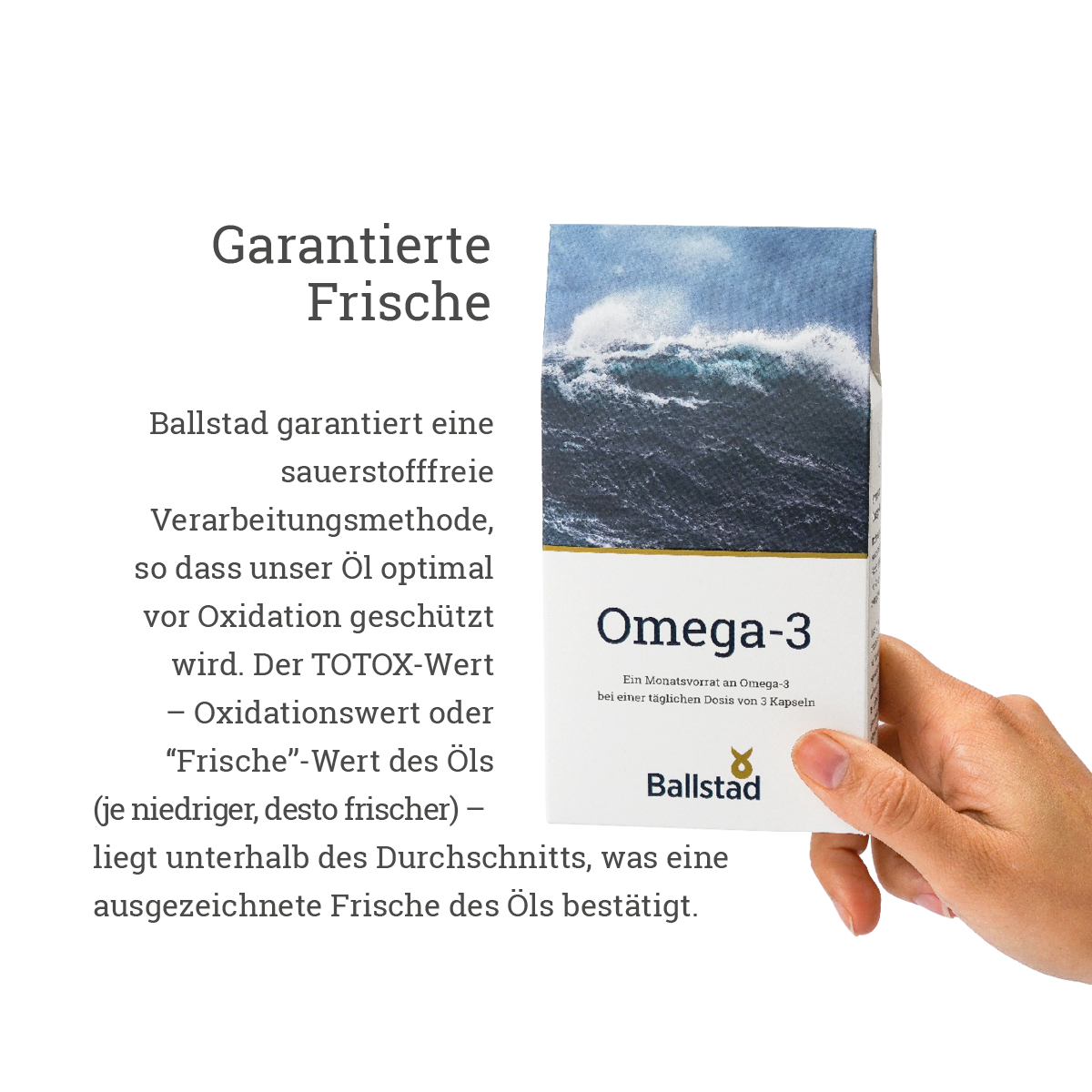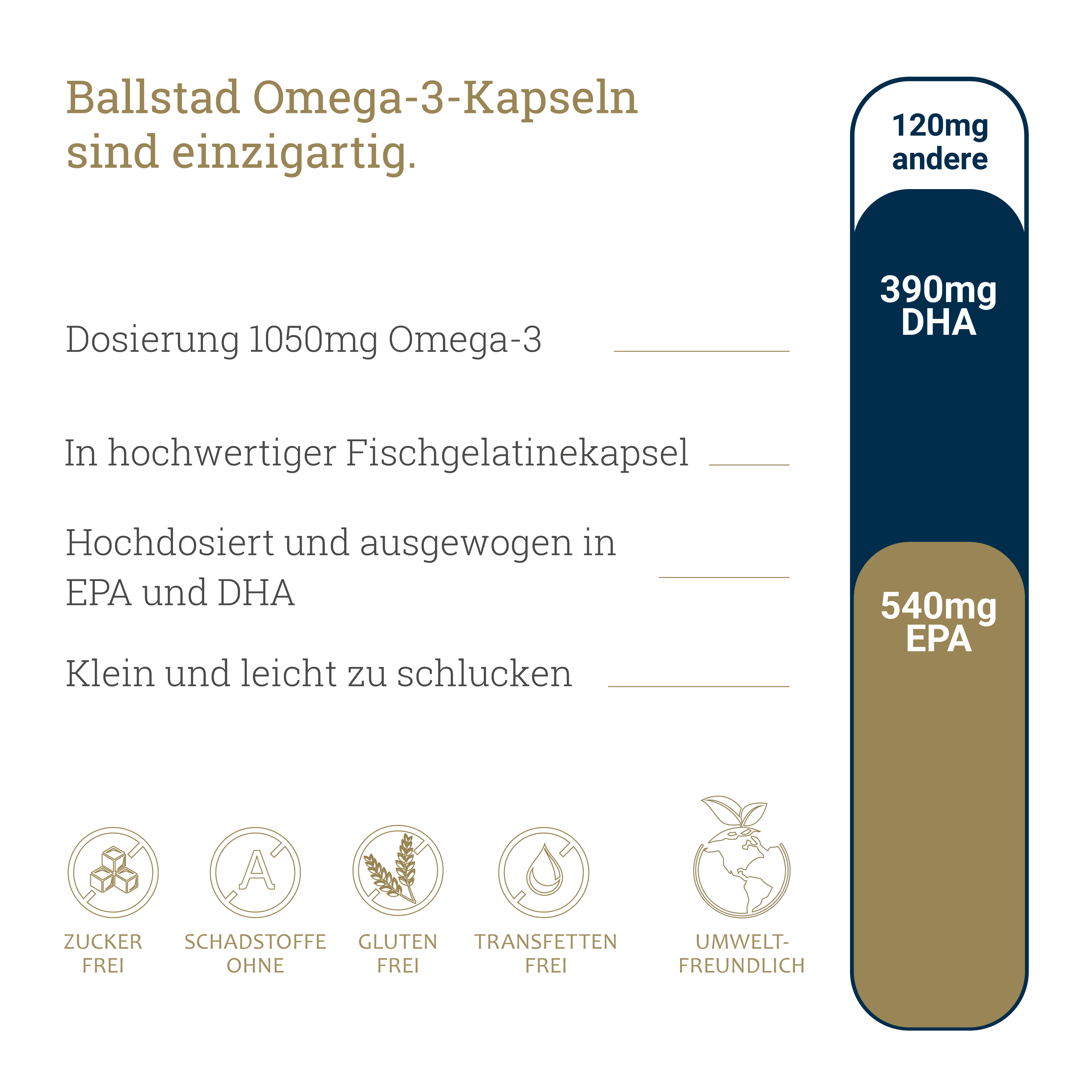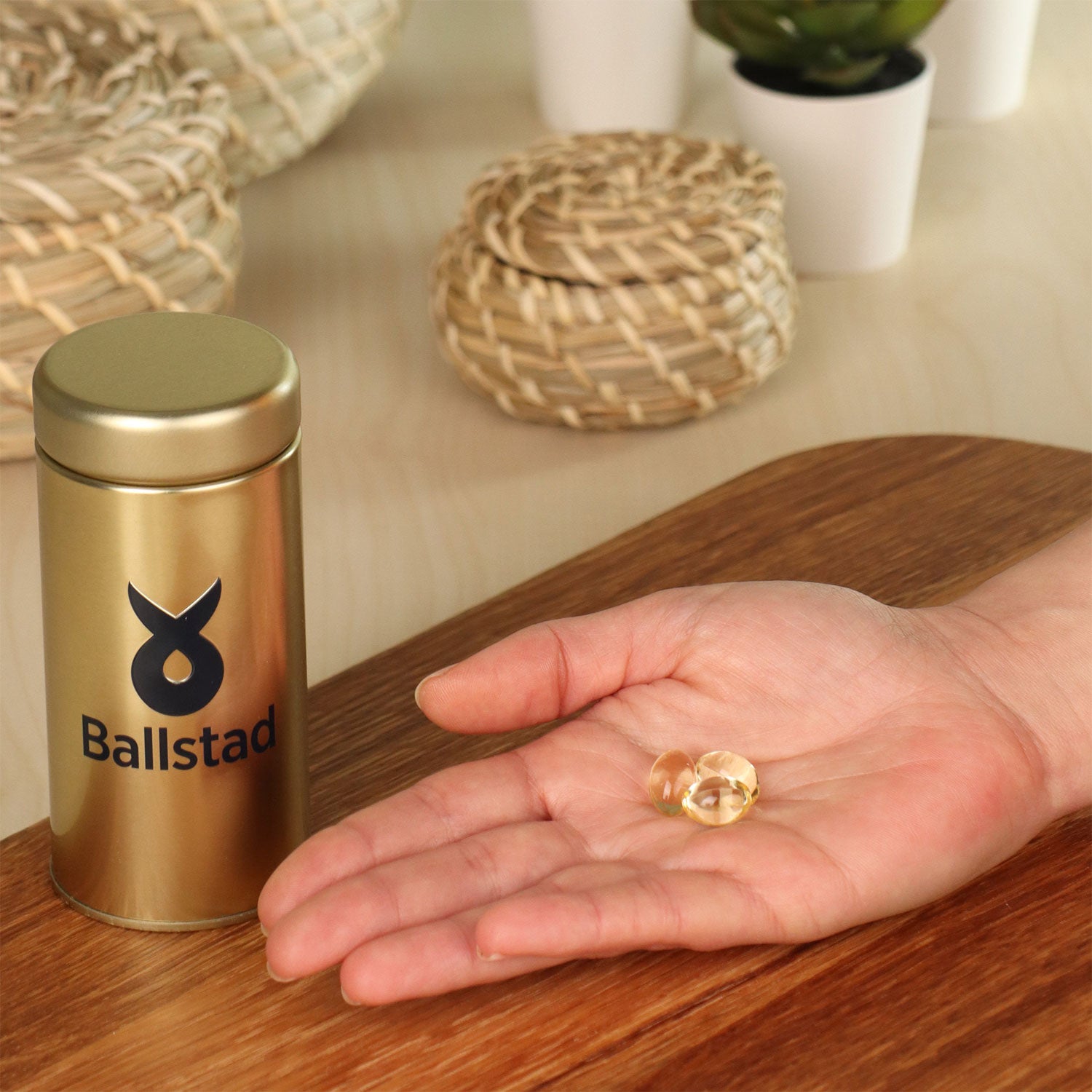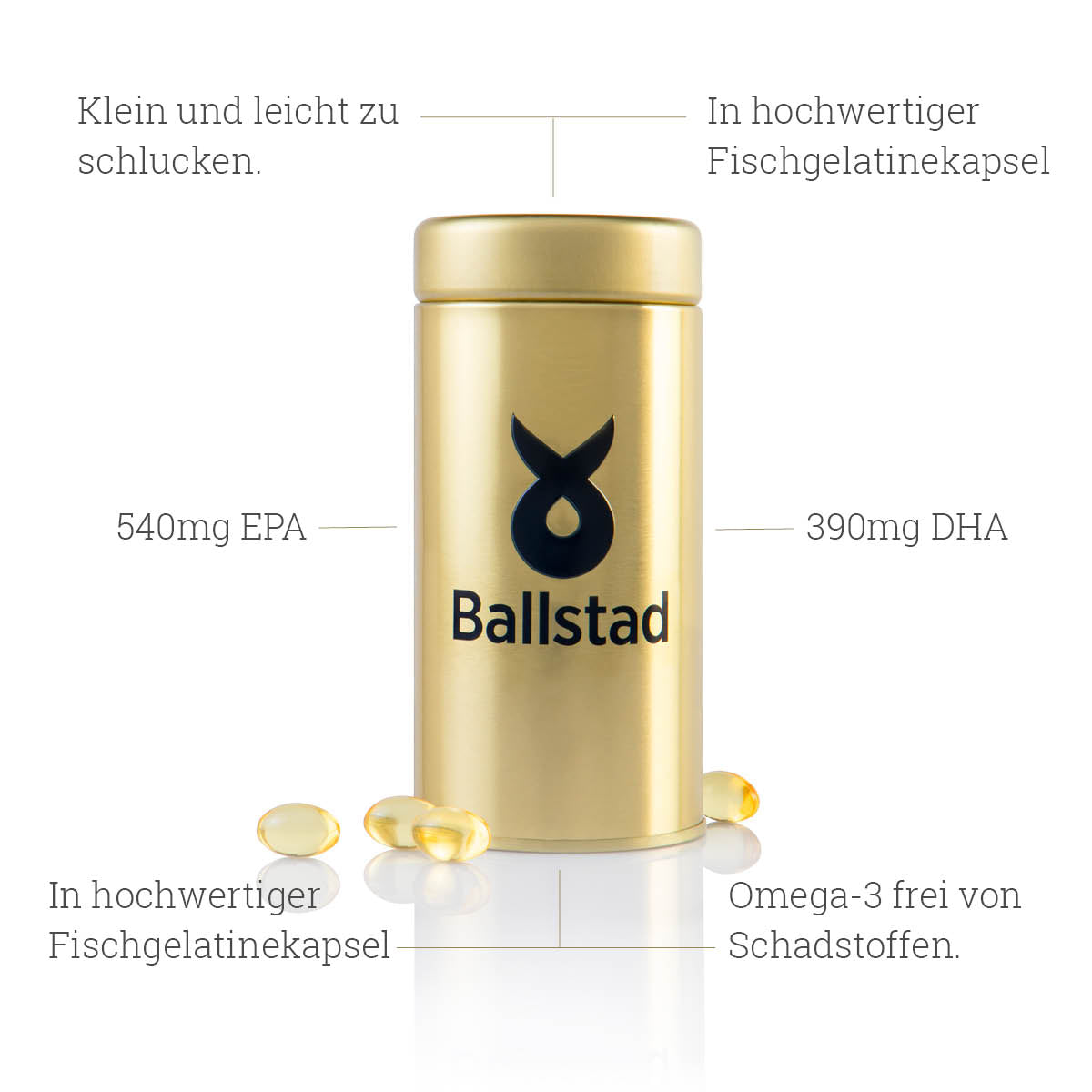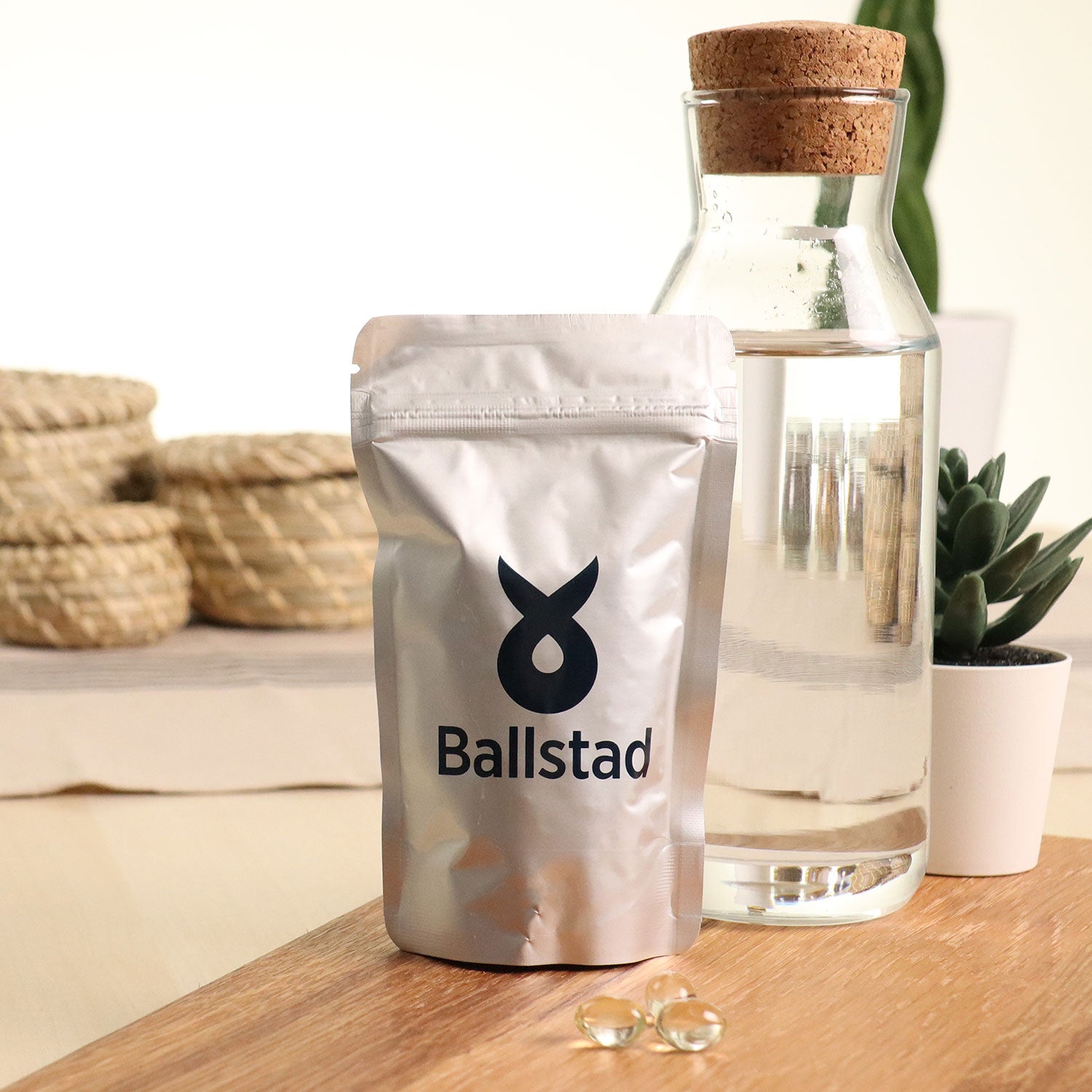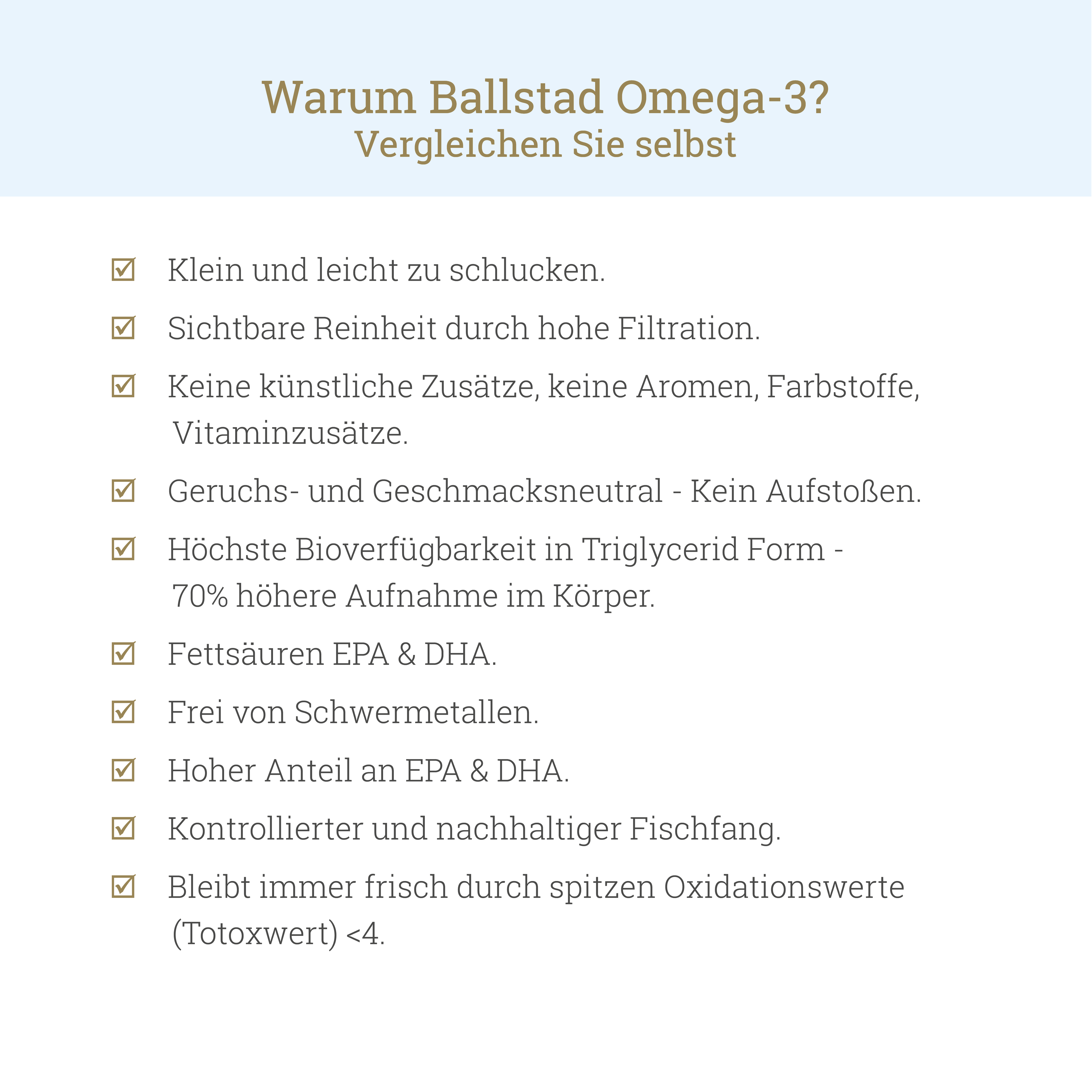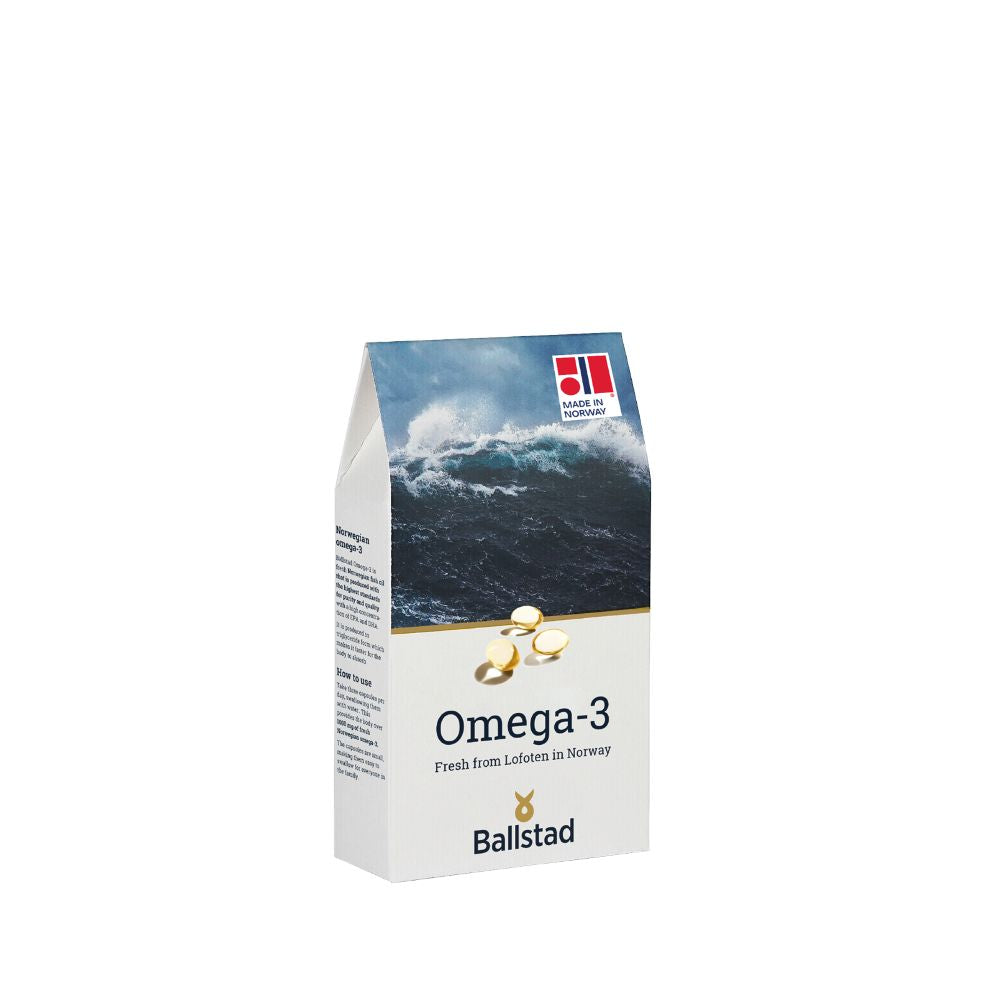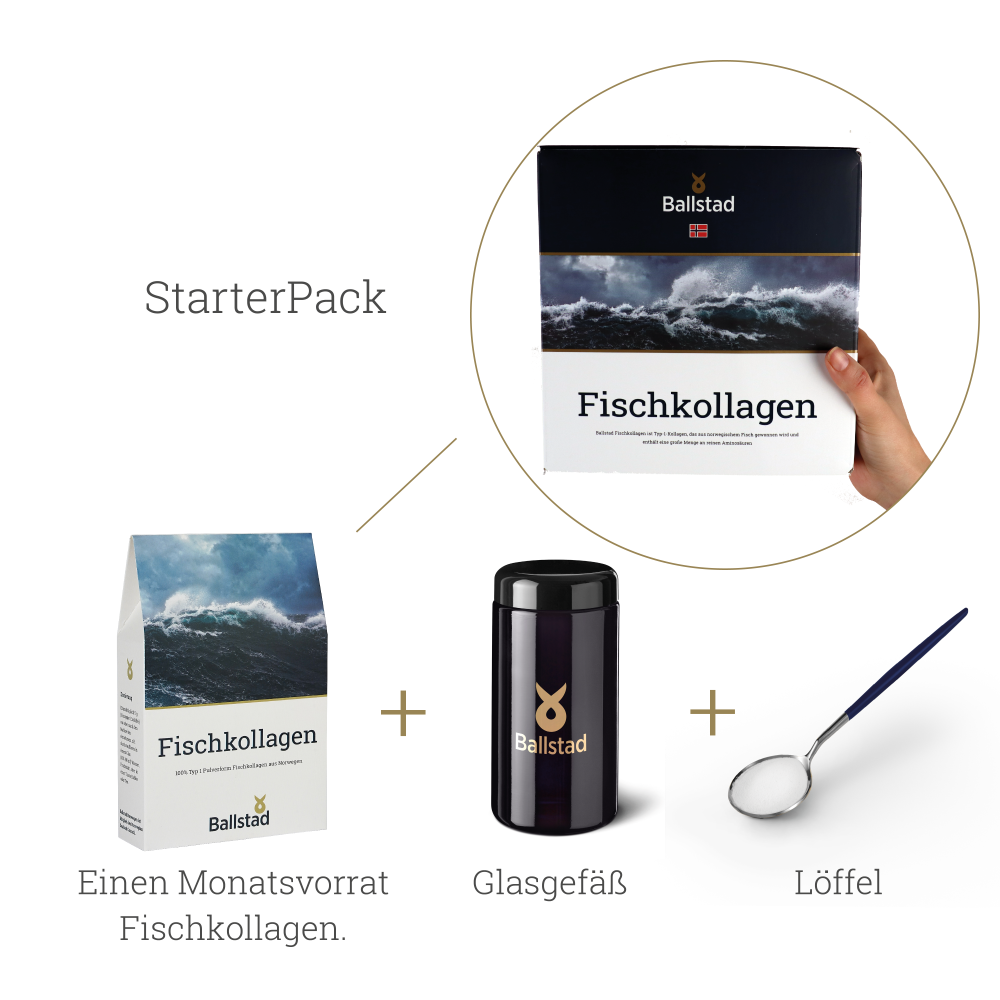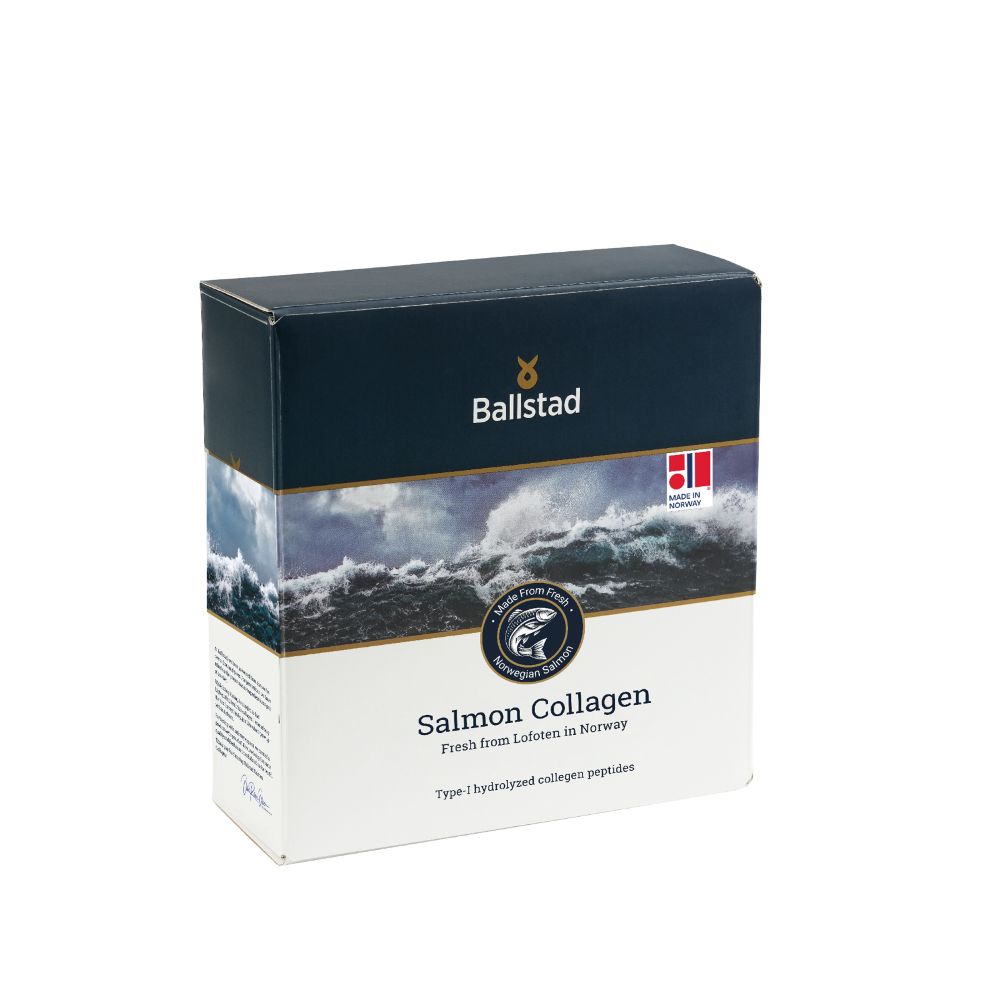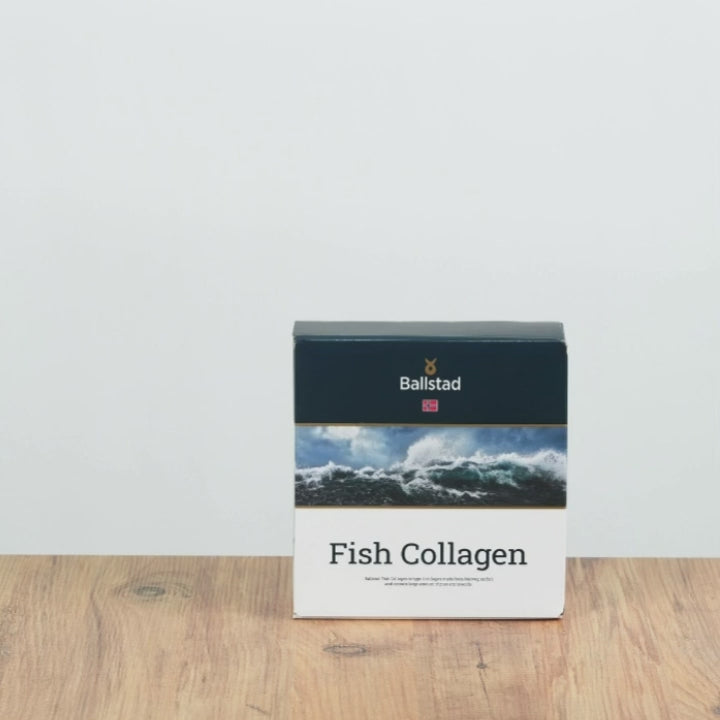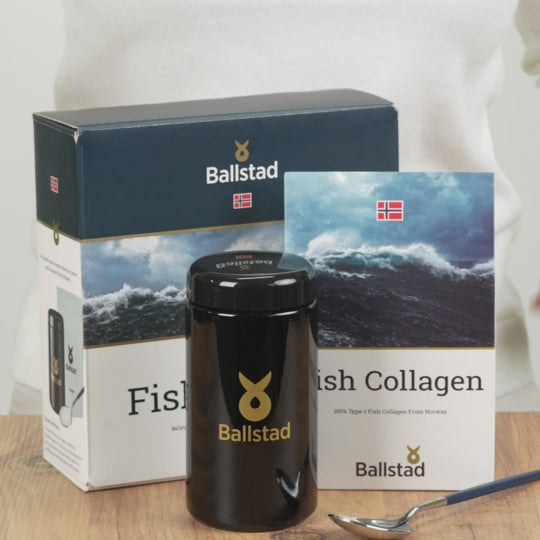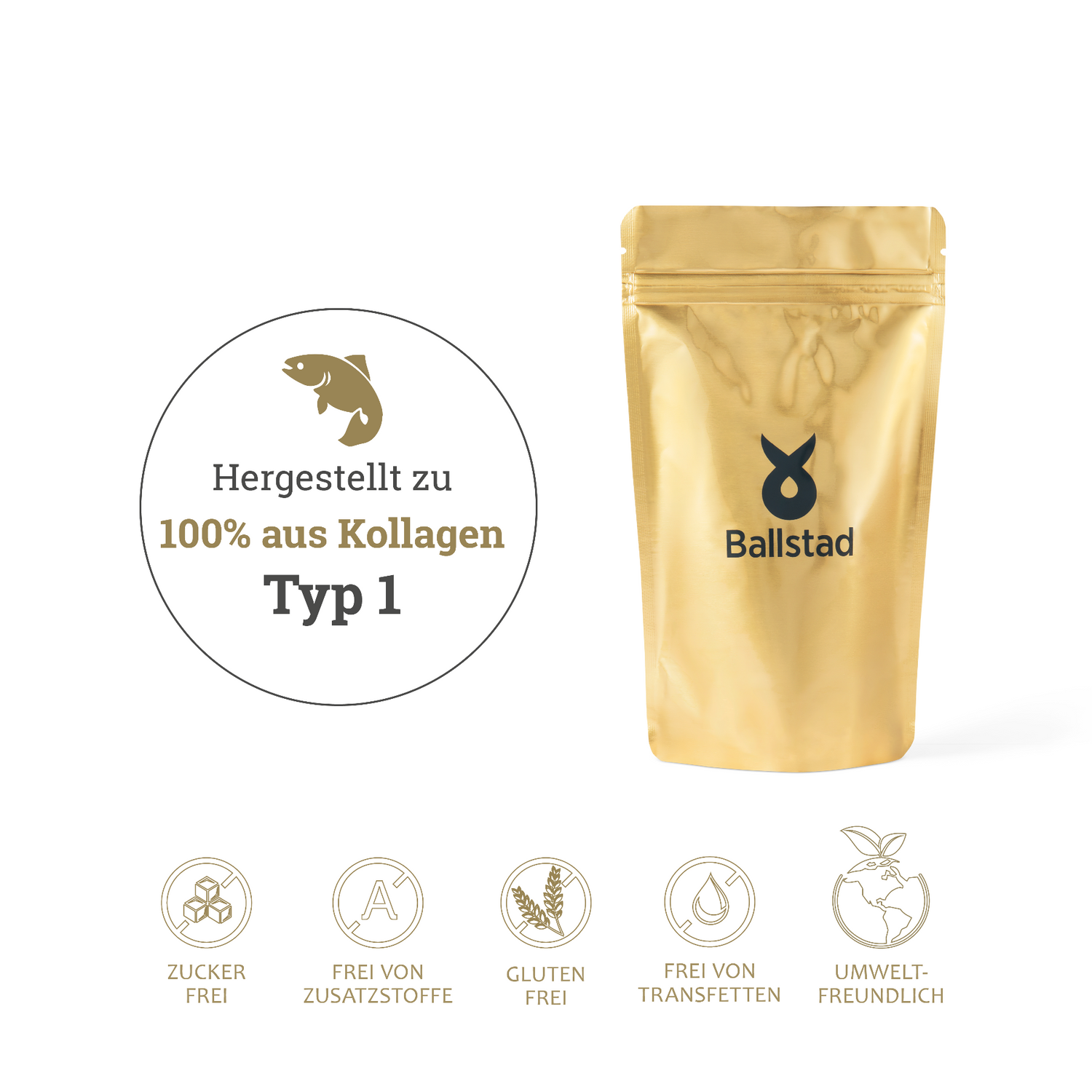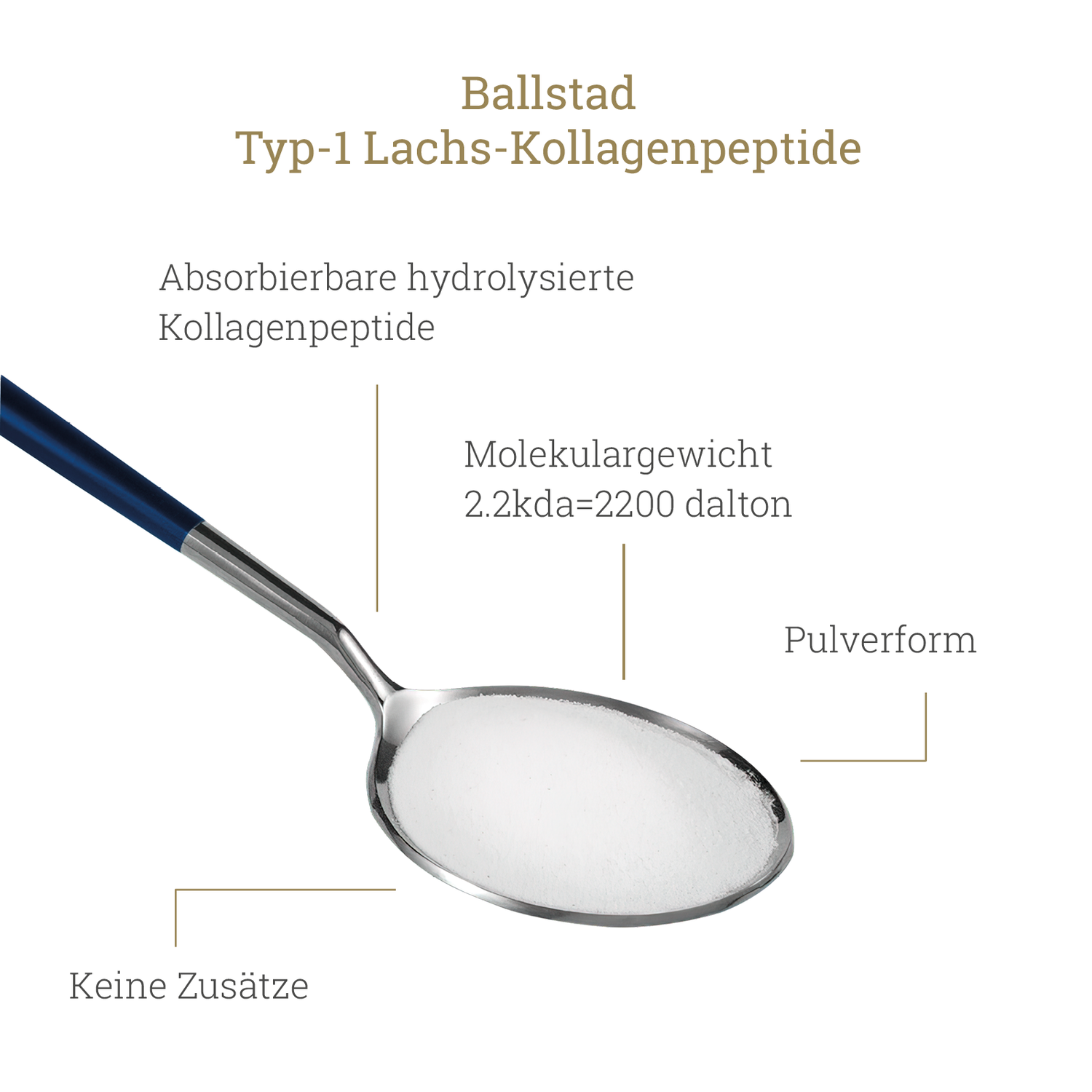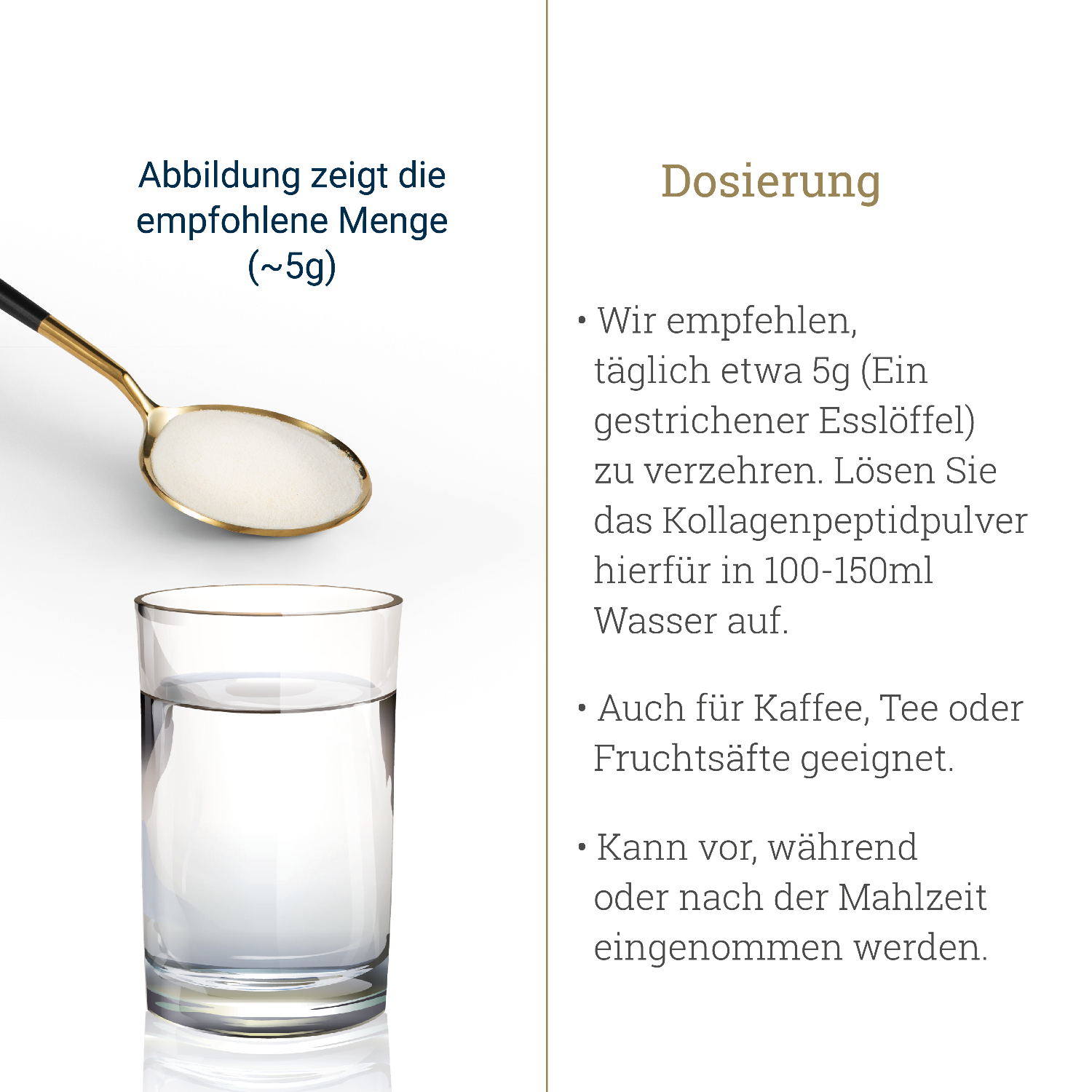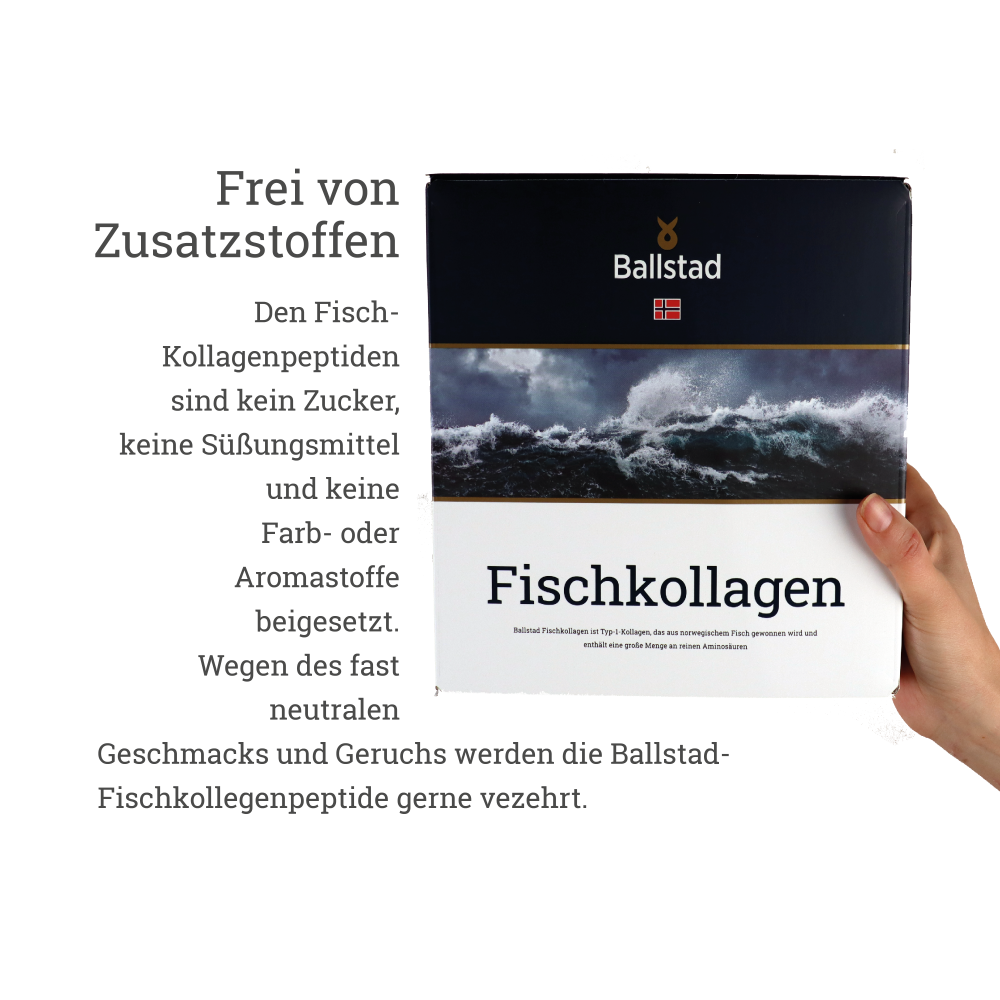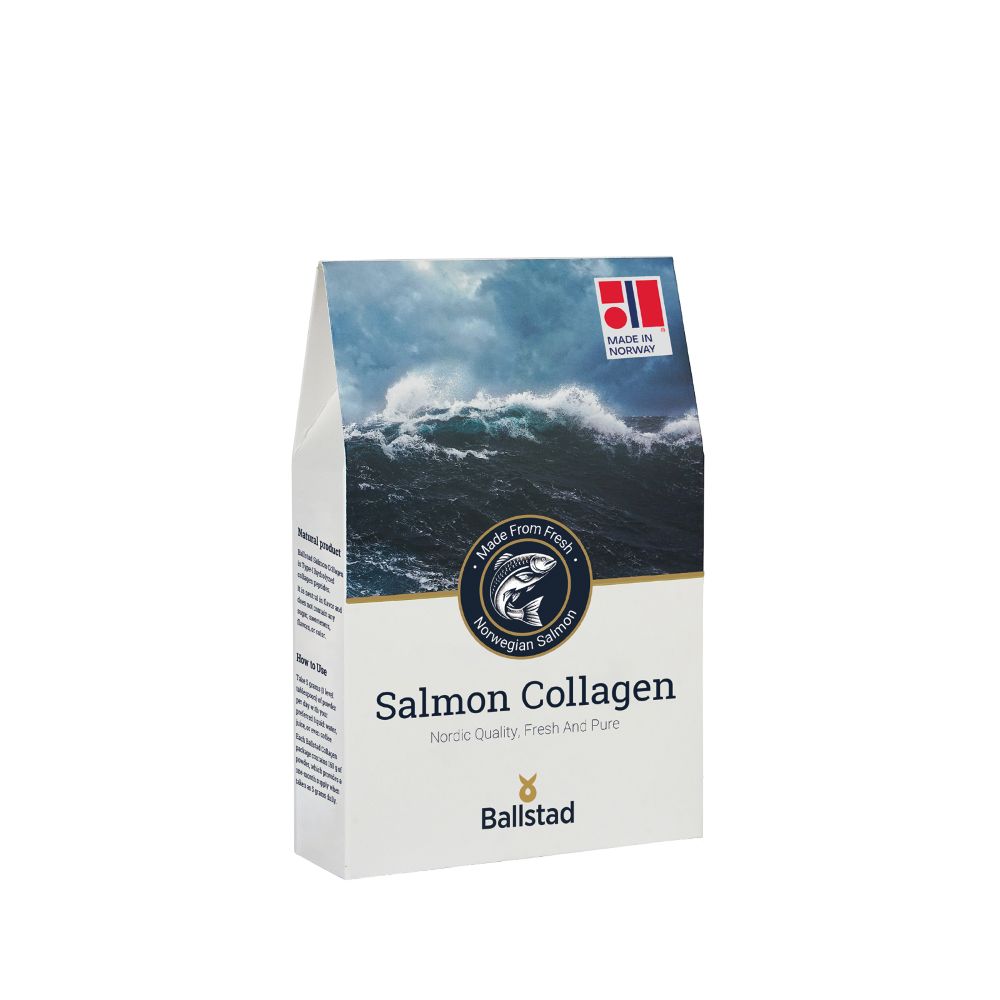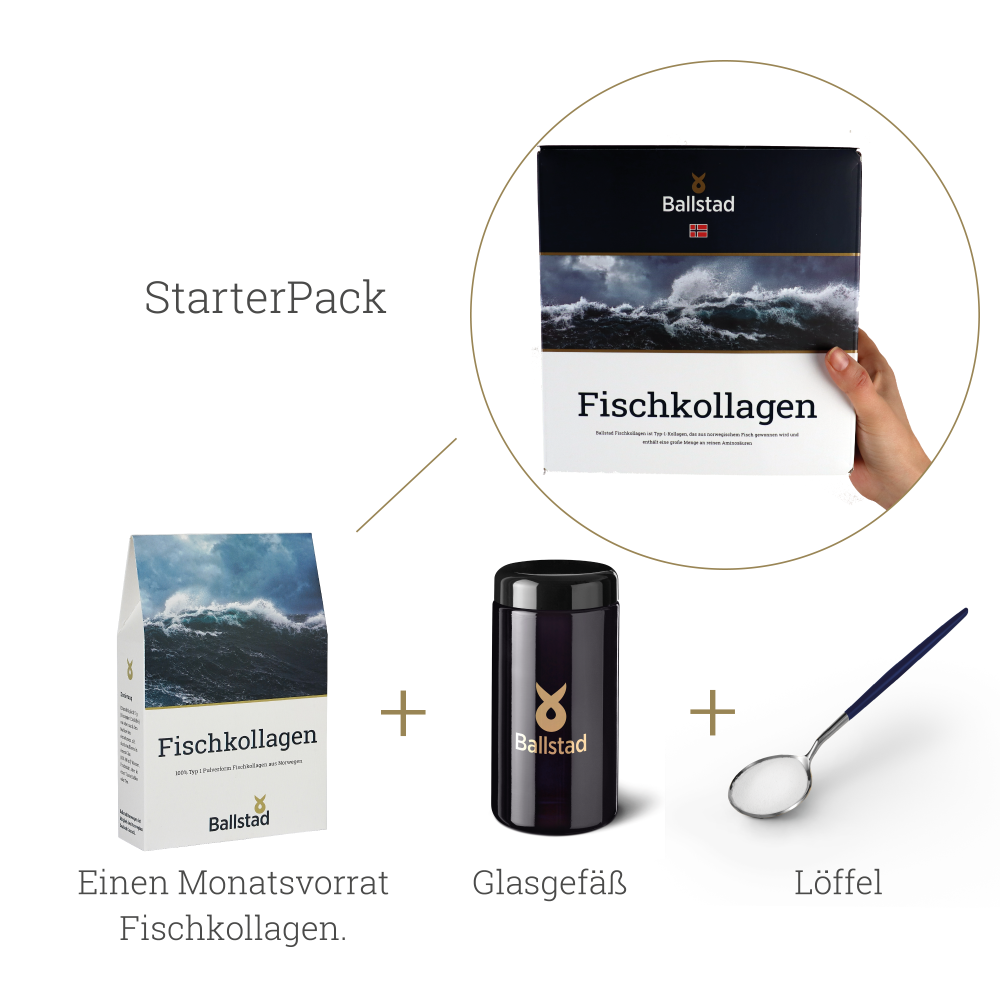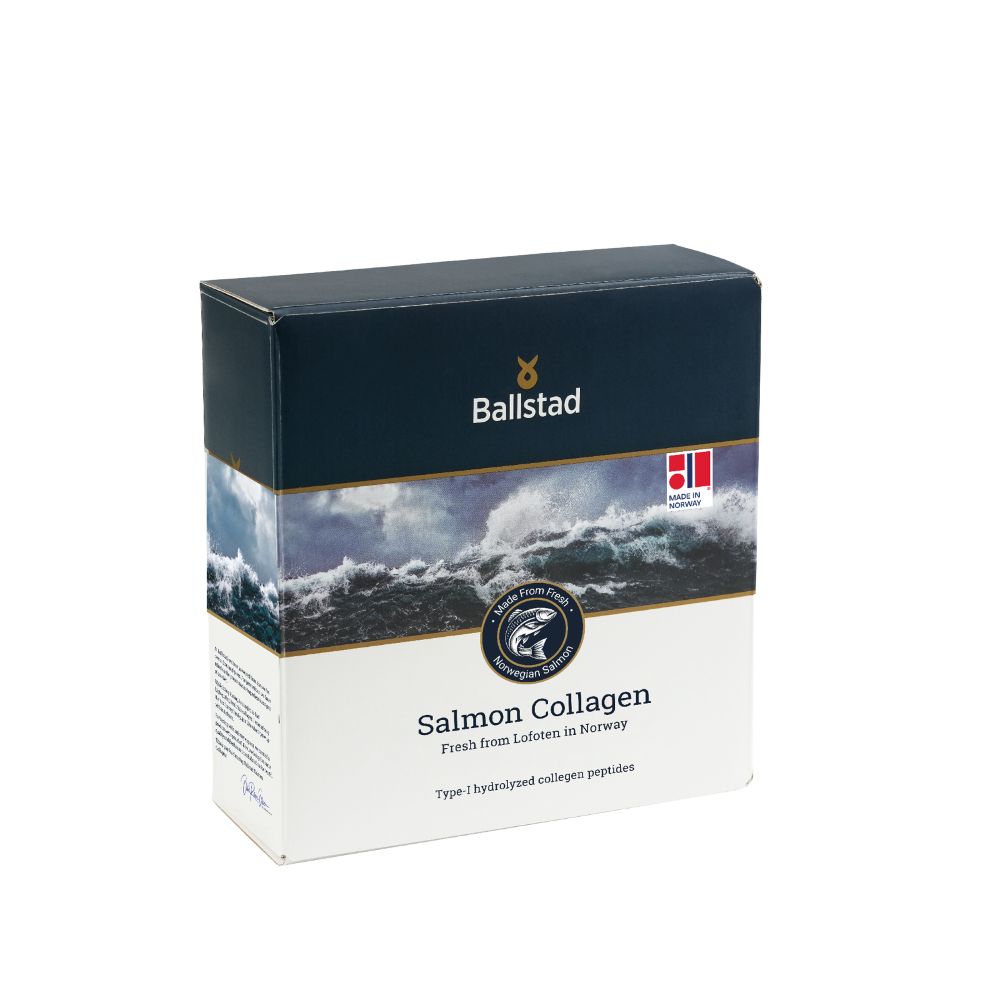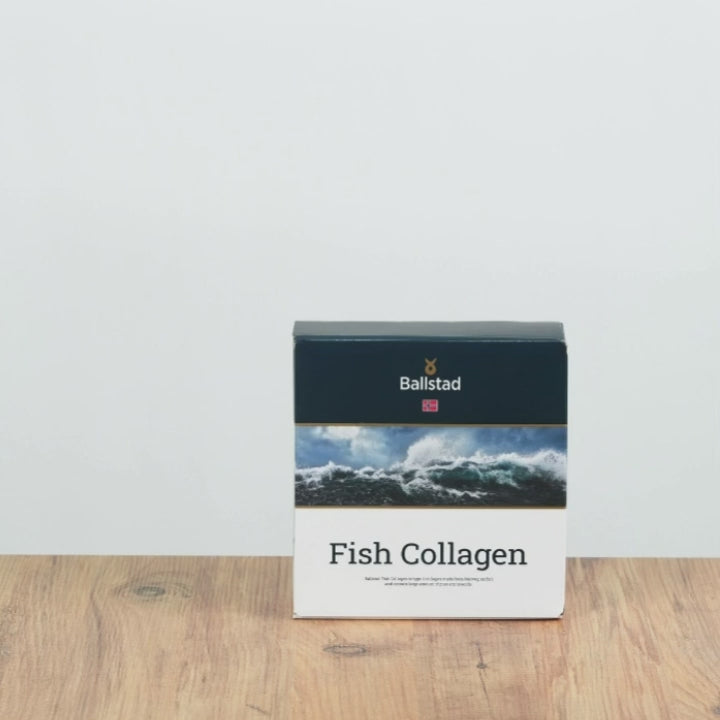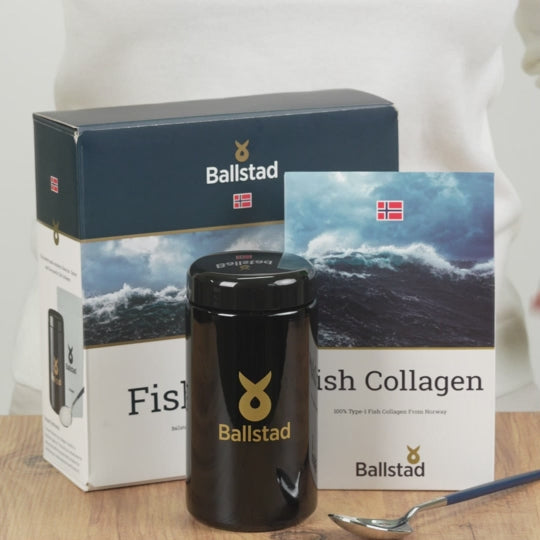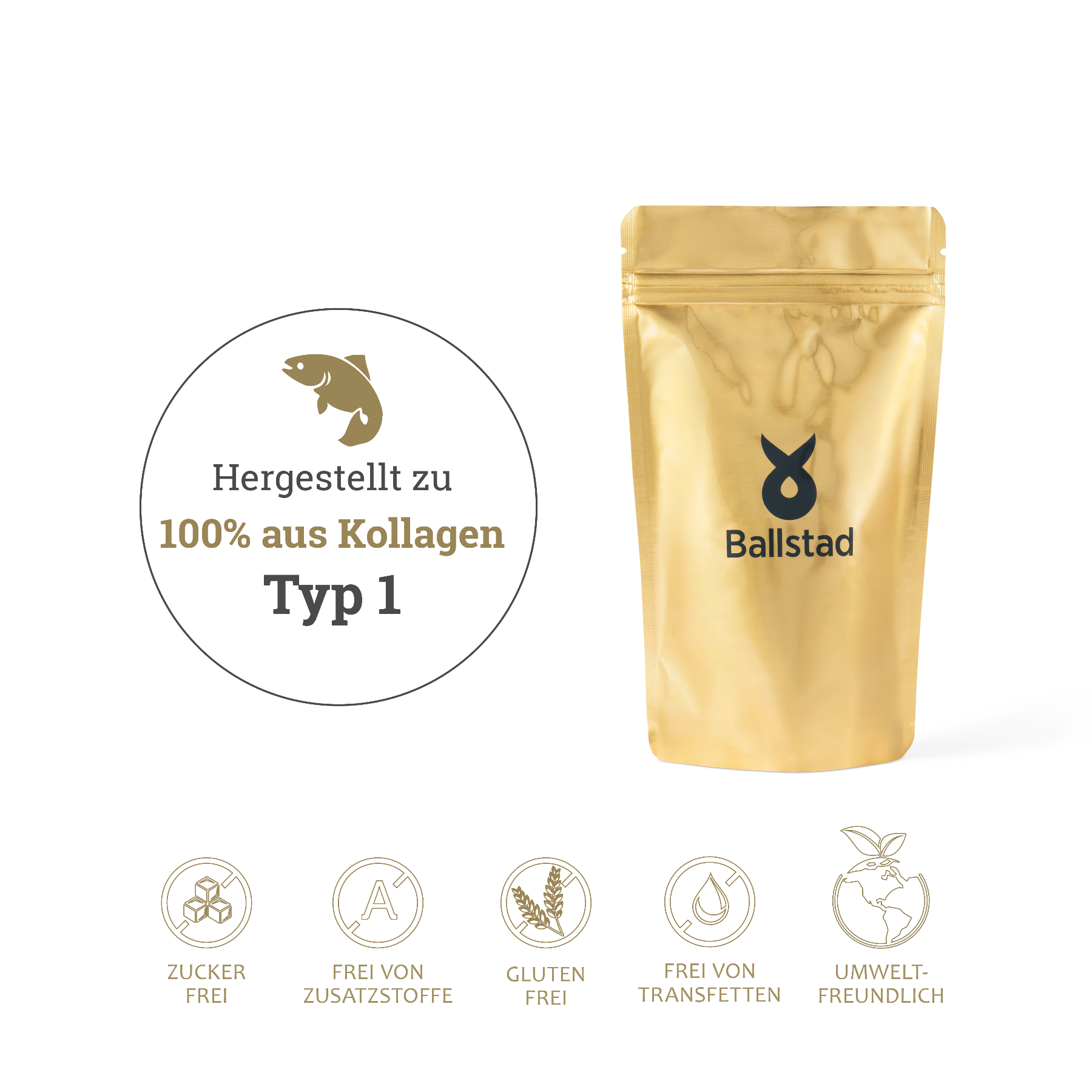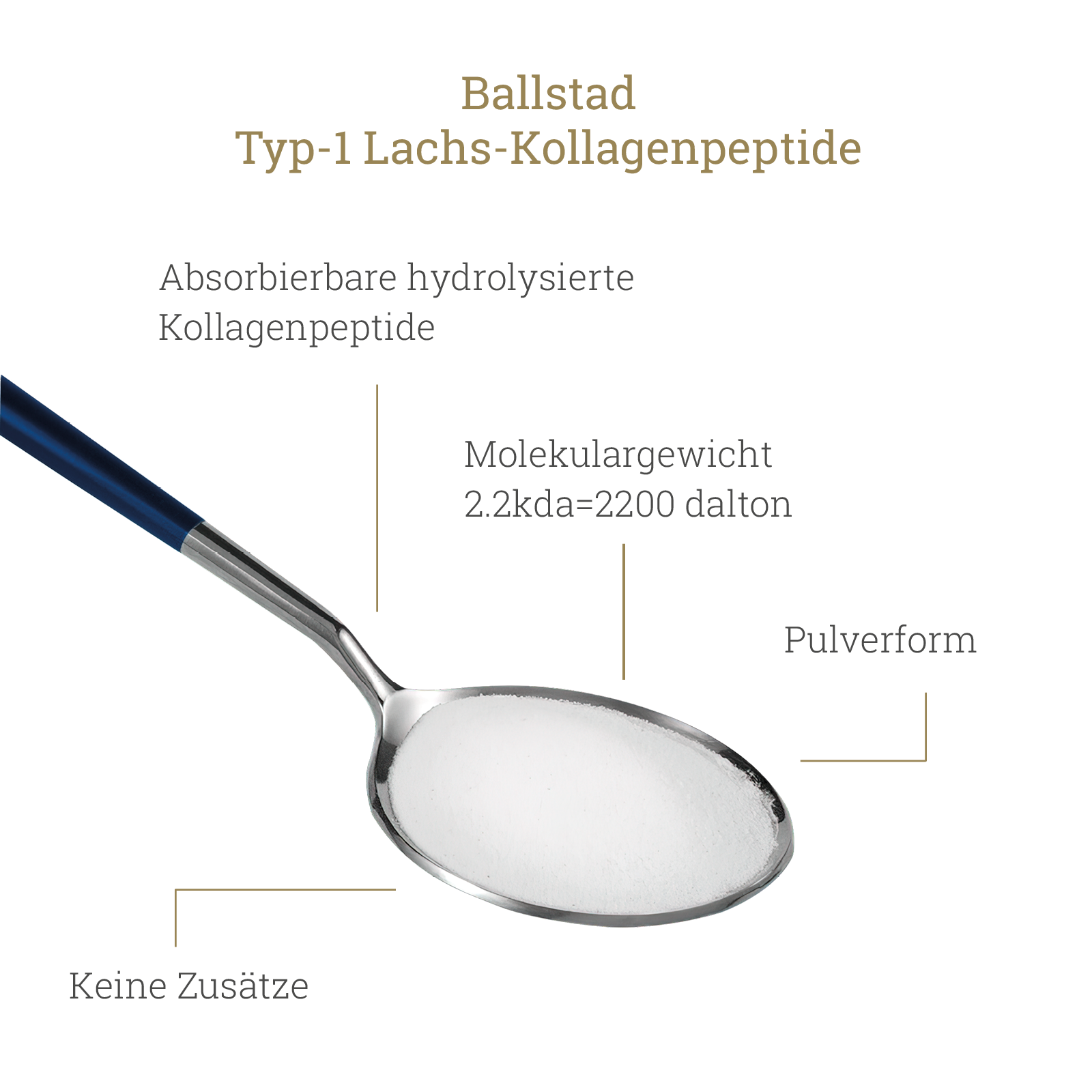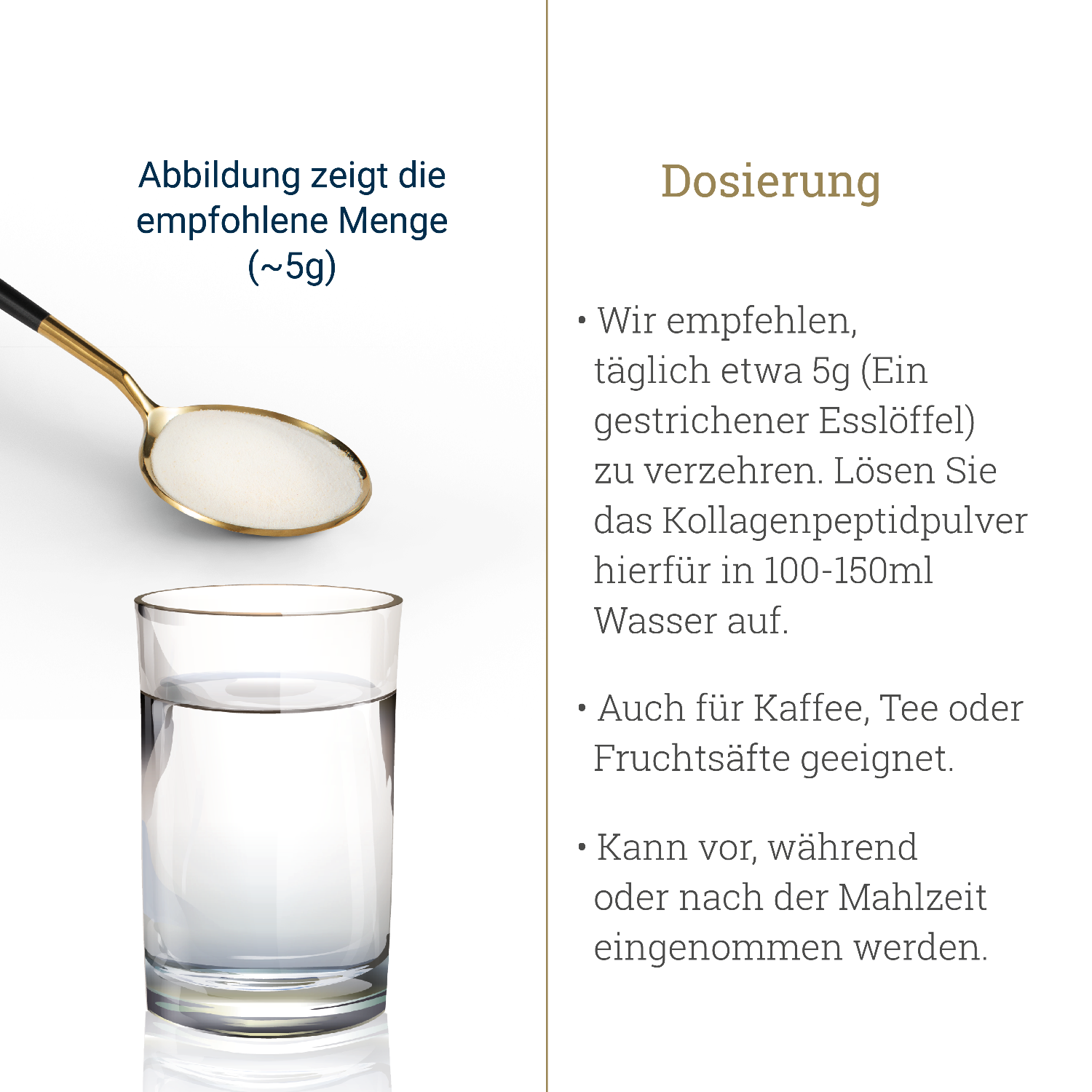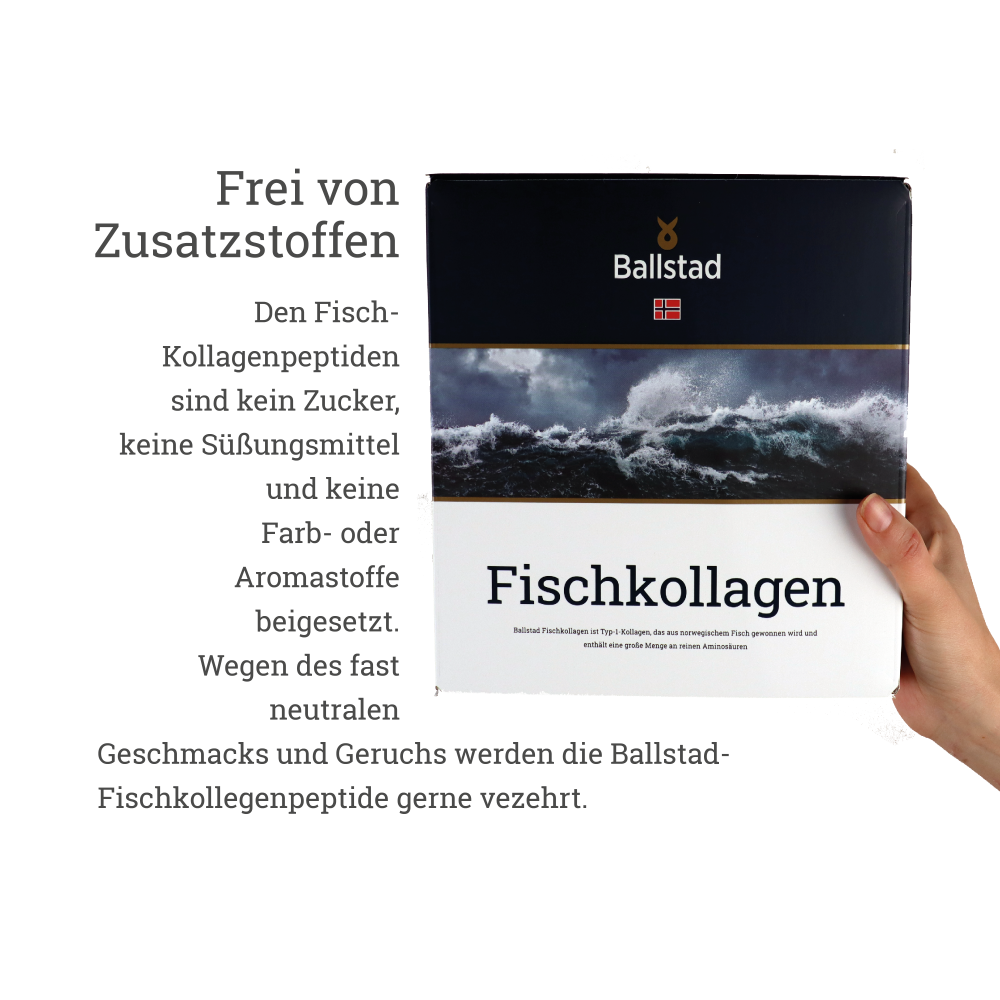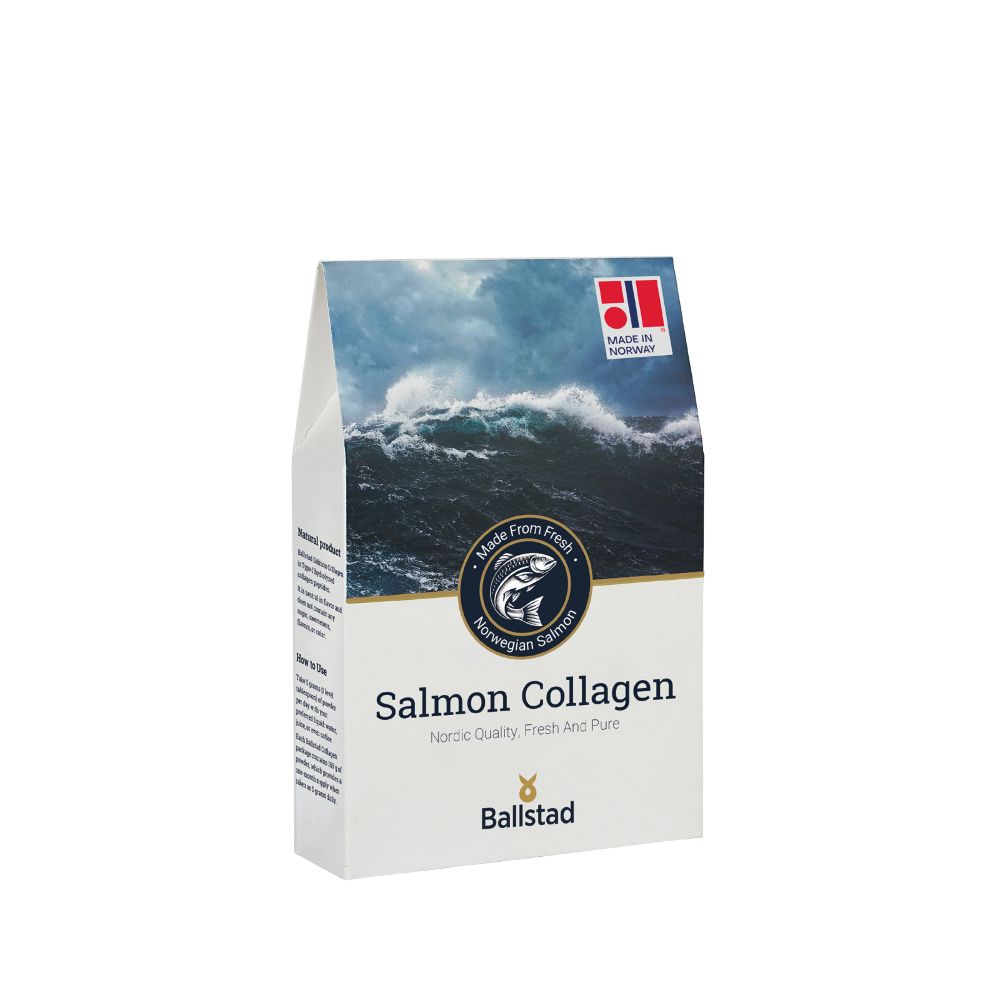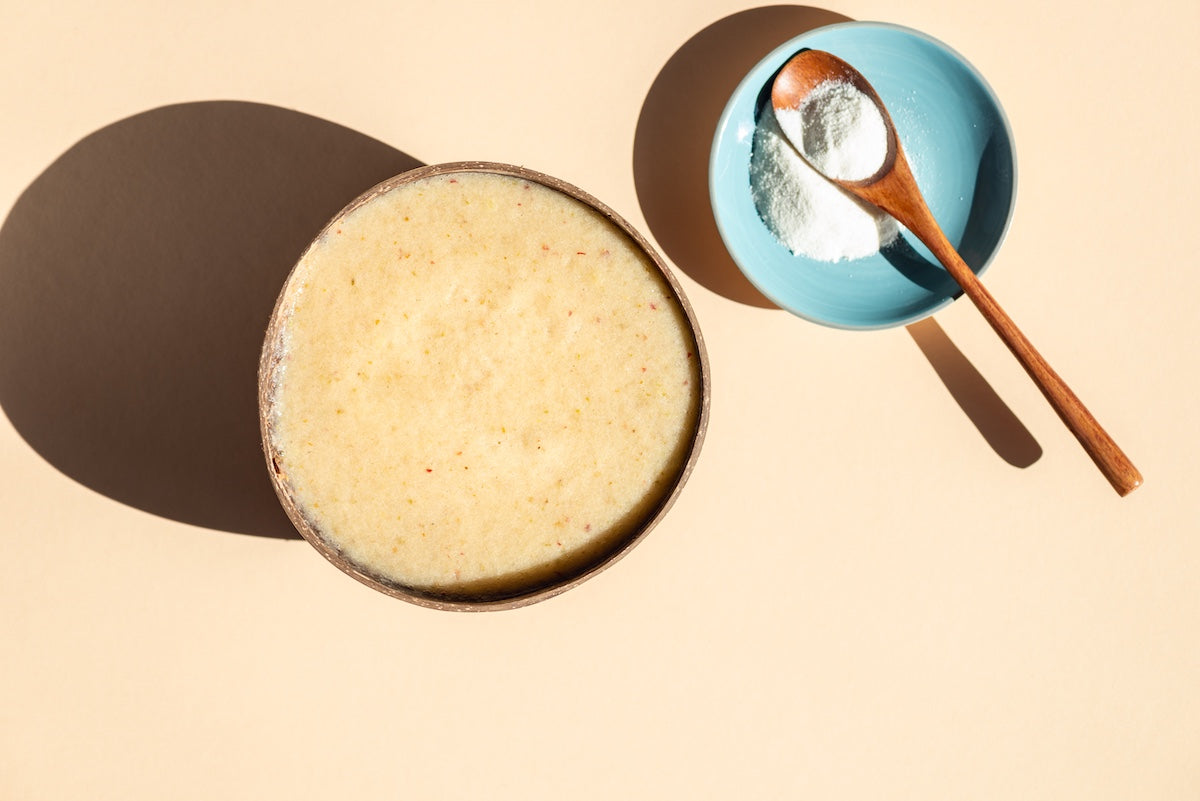More than skin and hair
When many people think of collagen, the first things that come to mind are skin, joints, or nails. But collagen is a structural protein that is also an important component of blood vessel walls. It gives arteries, veins, and capillaries strength and elasticity—a property essential for normal blood flow.
Structure of the vessel walls
Type I and type III collagen form part of the framework of our blood vessels. Together, they help ensure that the walls remain flexible and can withstand everyday stresses. As we age, the body produces less collagen, which can lead to a decrease in elasticity.
Fish collagen as a high-quality source
Hydrolyzed fish collagen—often referred to as marine collagen—is valued for its good bioavailability. It provides amino acids such as glycine, proline, and hydroxyproline, which the body needs to produce its own collagen. A neutral powder can be easily mixed into water, smoothies, or other beverages, making it a great addition to your daily routine.
Nutrients for the body's own collagen production
Various nutrients are essential for the body to produce its own collagen. Vitamin C, for example, contributes to normal collagen formation for the normal function of blood vessels—a claim approved by the European Food Safety Authority (EFSA) . A balanced diet with sufficient protein, zinc, and copper also supports this process.
Conclusion
Collagen is an essential component of vascular structure and part of a varied, nutrient-rich diet. A high-quality fish collagen supplement can be incorporated into a balanced lifestyle as a supplementary protein source—always as a complement to a healthy diet and after consultation with a qualified health professional.
Legal Notice
-
This information material does not replace medical advice .
-
Food supplements are not a substitute for a balanced, varied diet and a healthy lifestyle .
-
All statements comply with the requirements of the Health Claims Regulation (EC) No. 1924/2006 and the Food Information Regulation (LMIV) .


